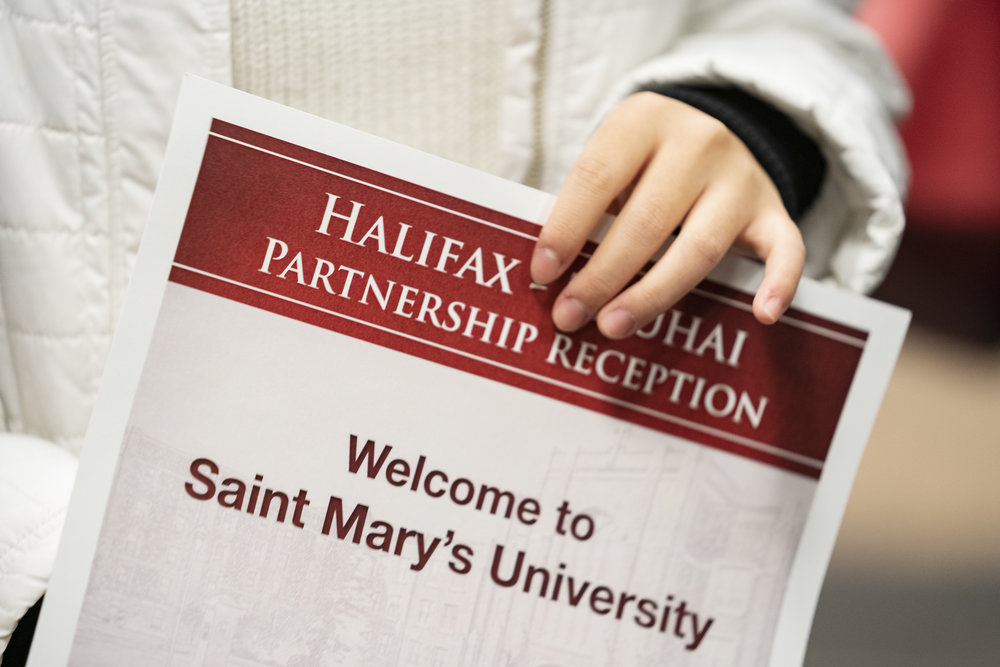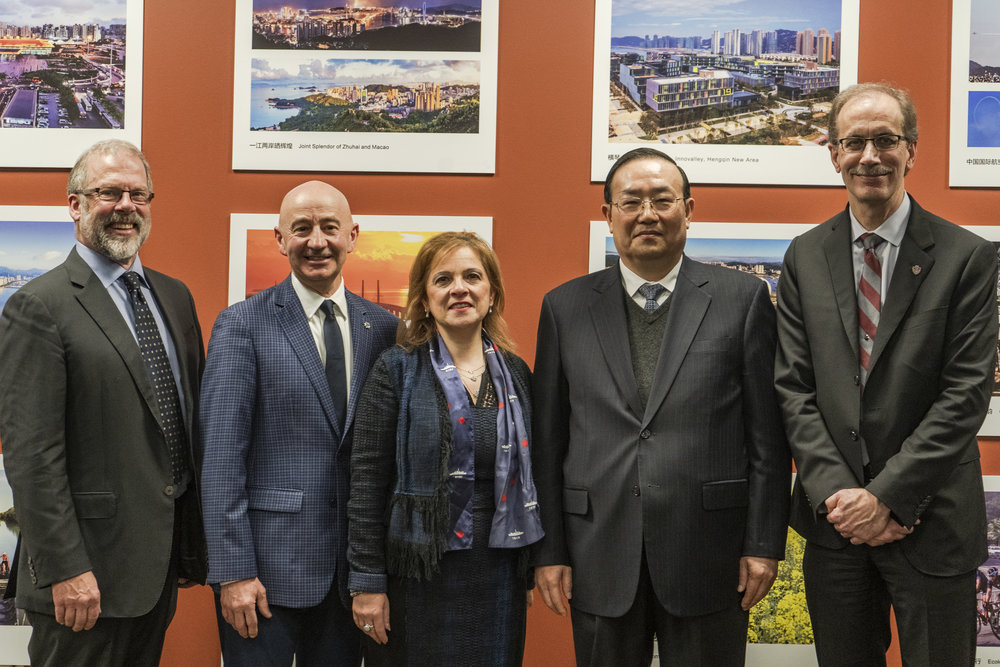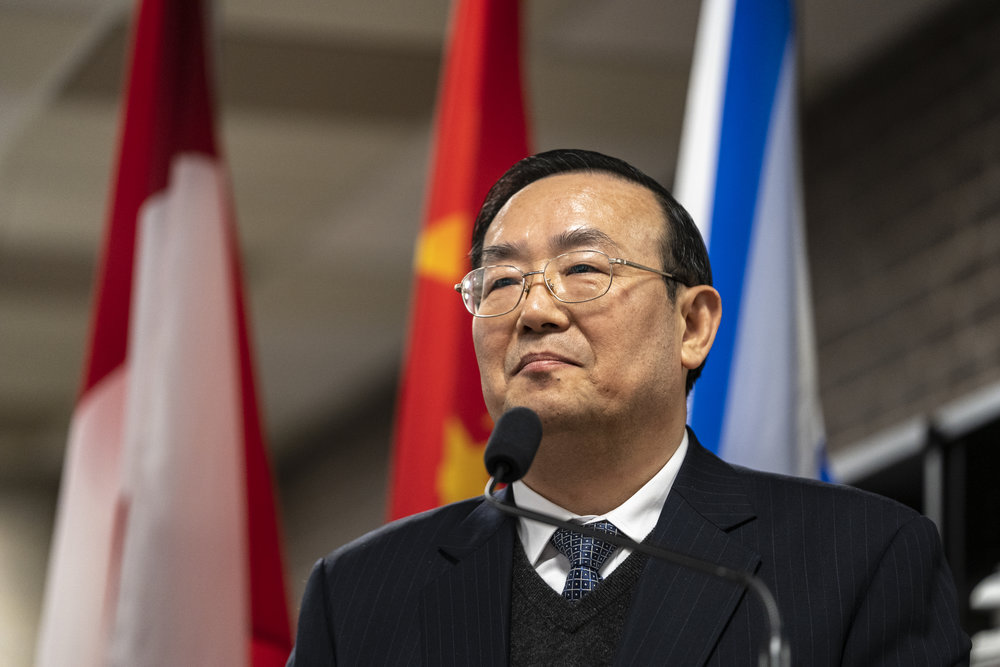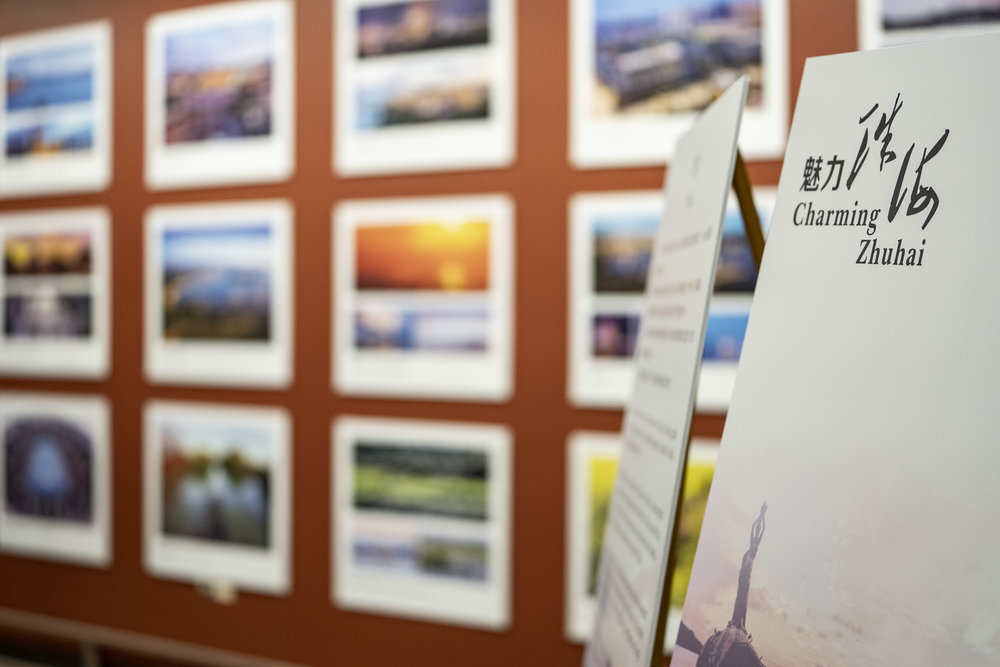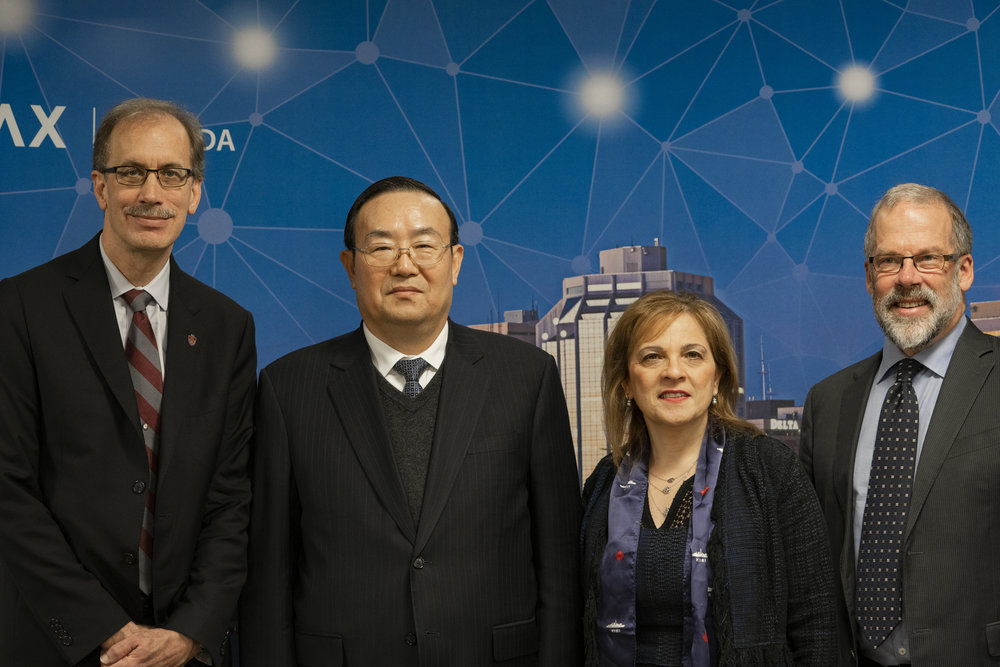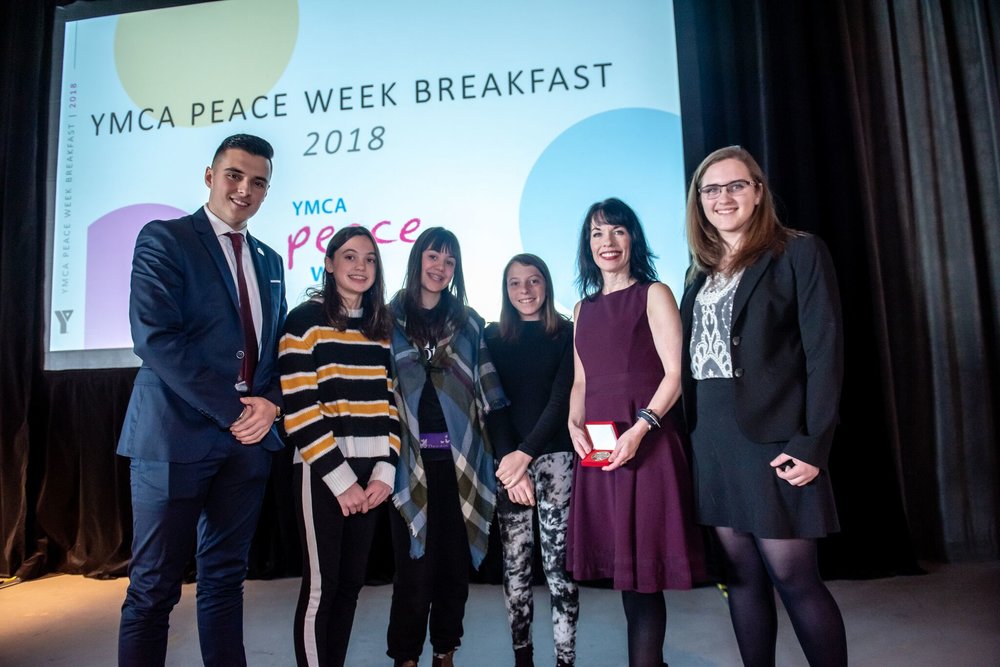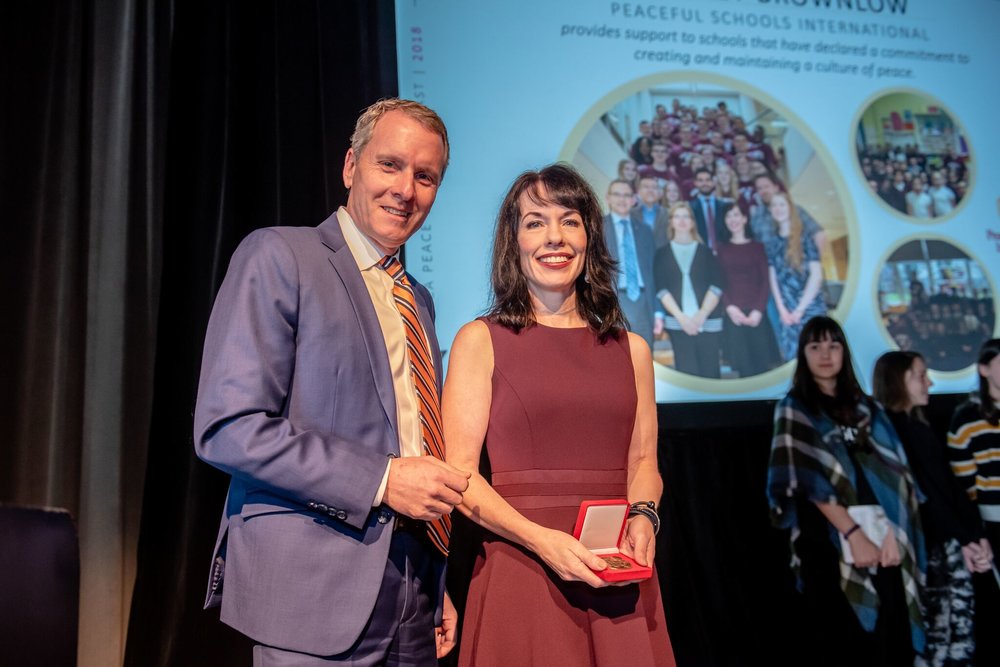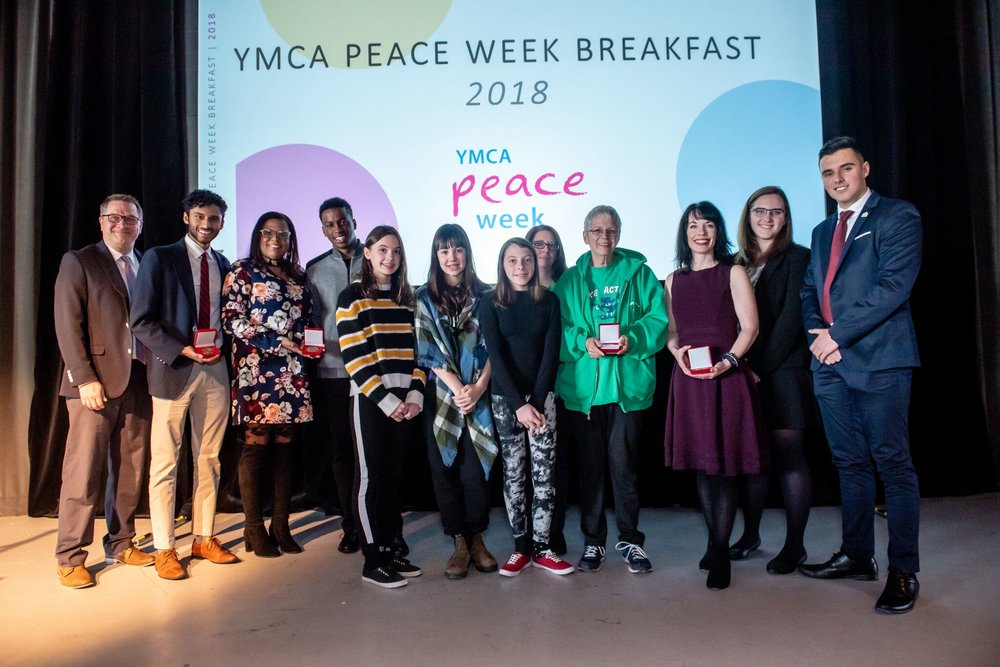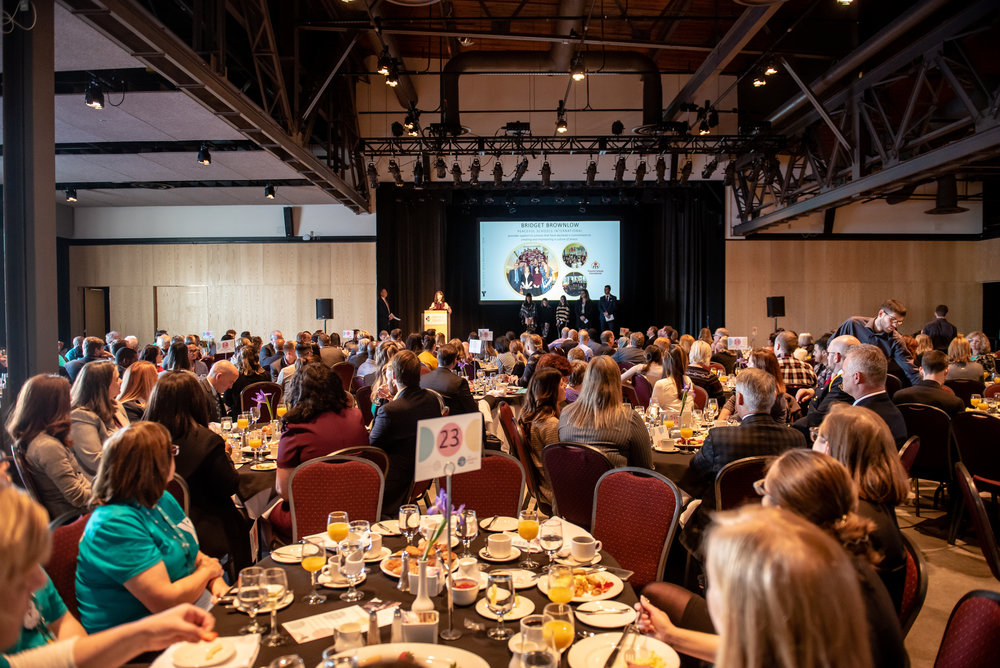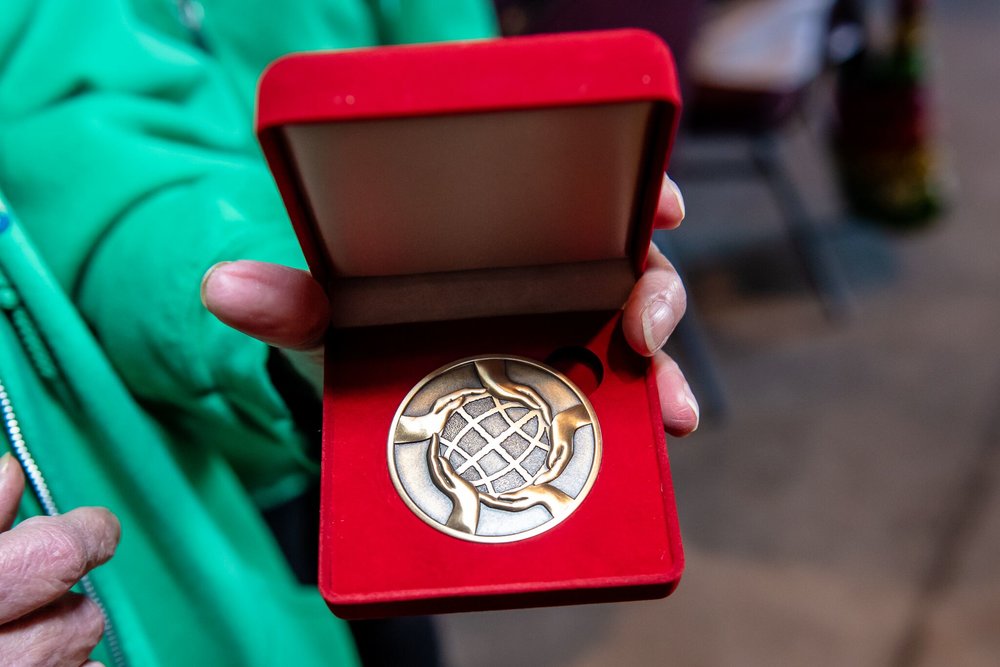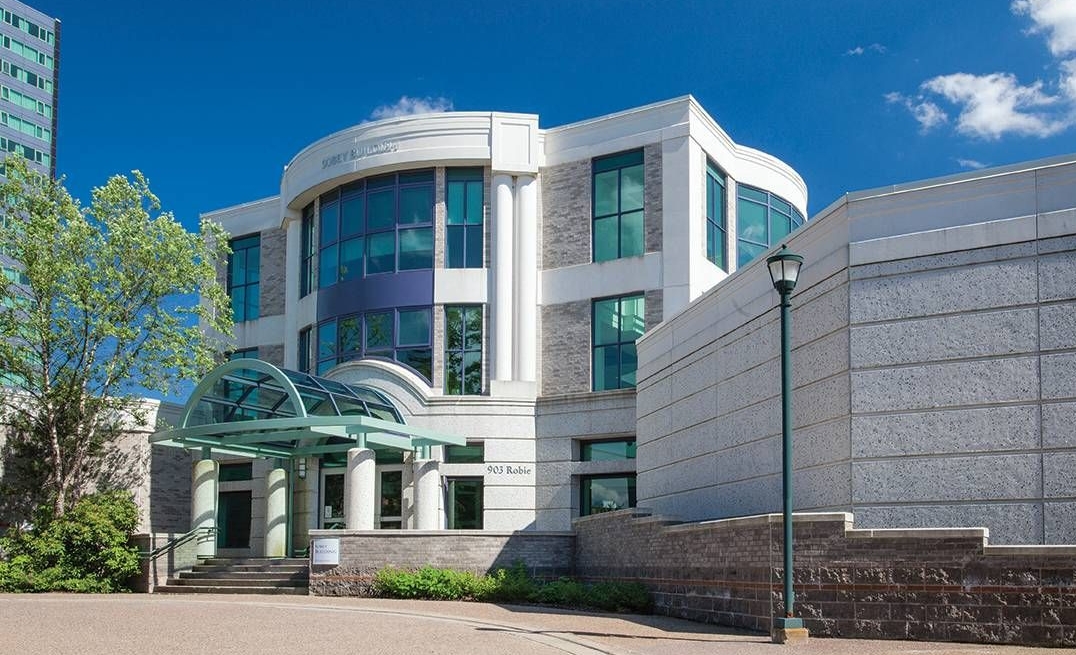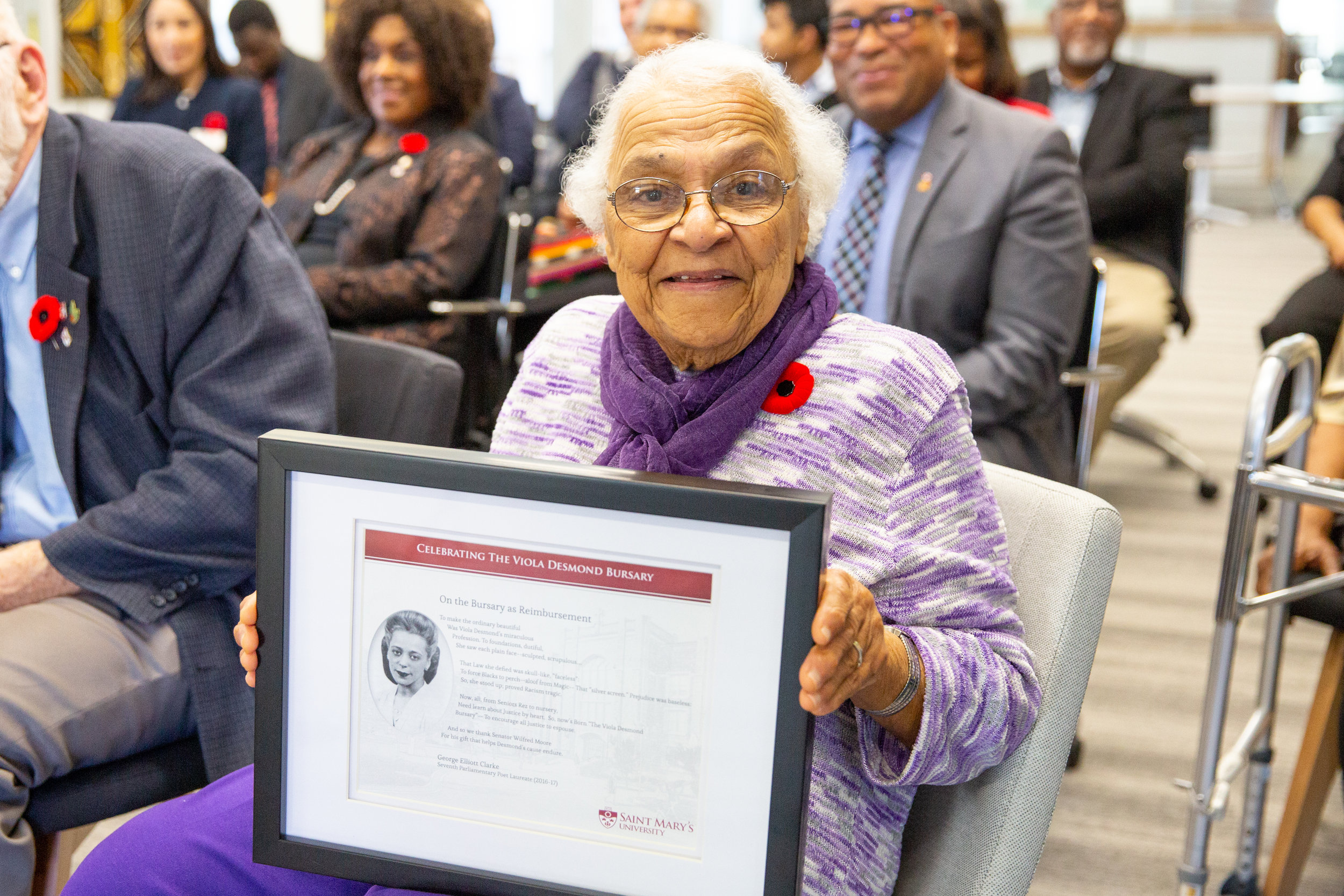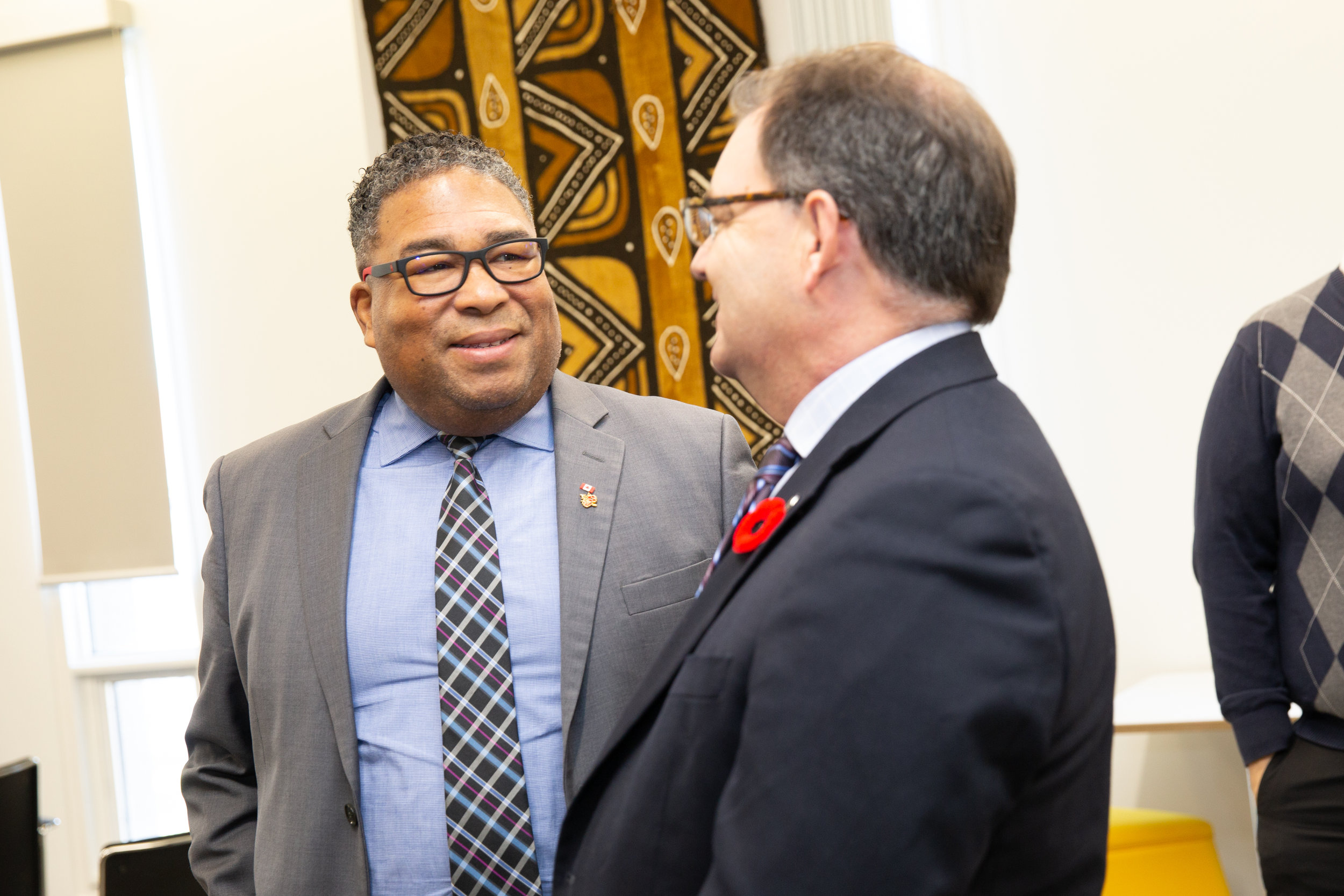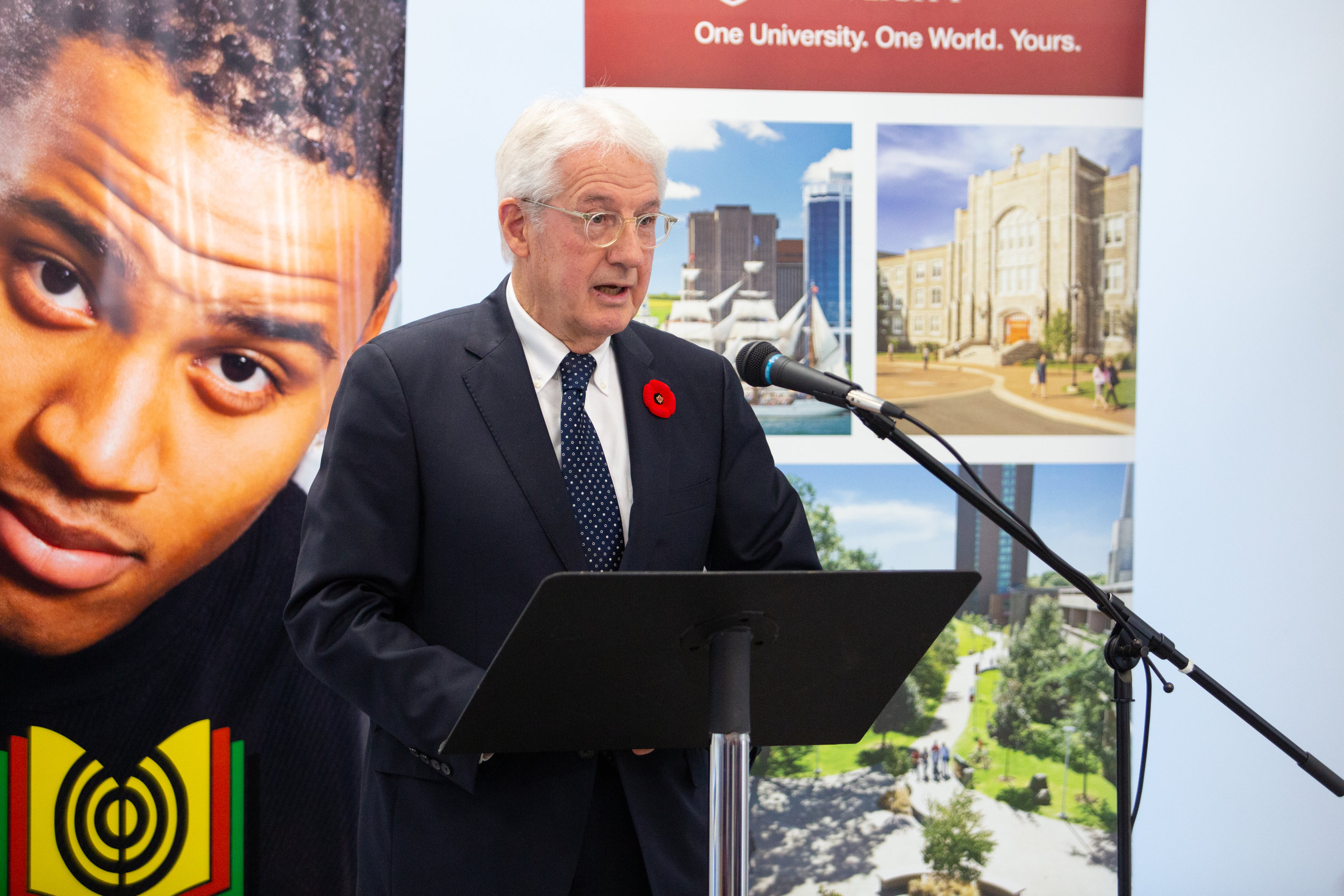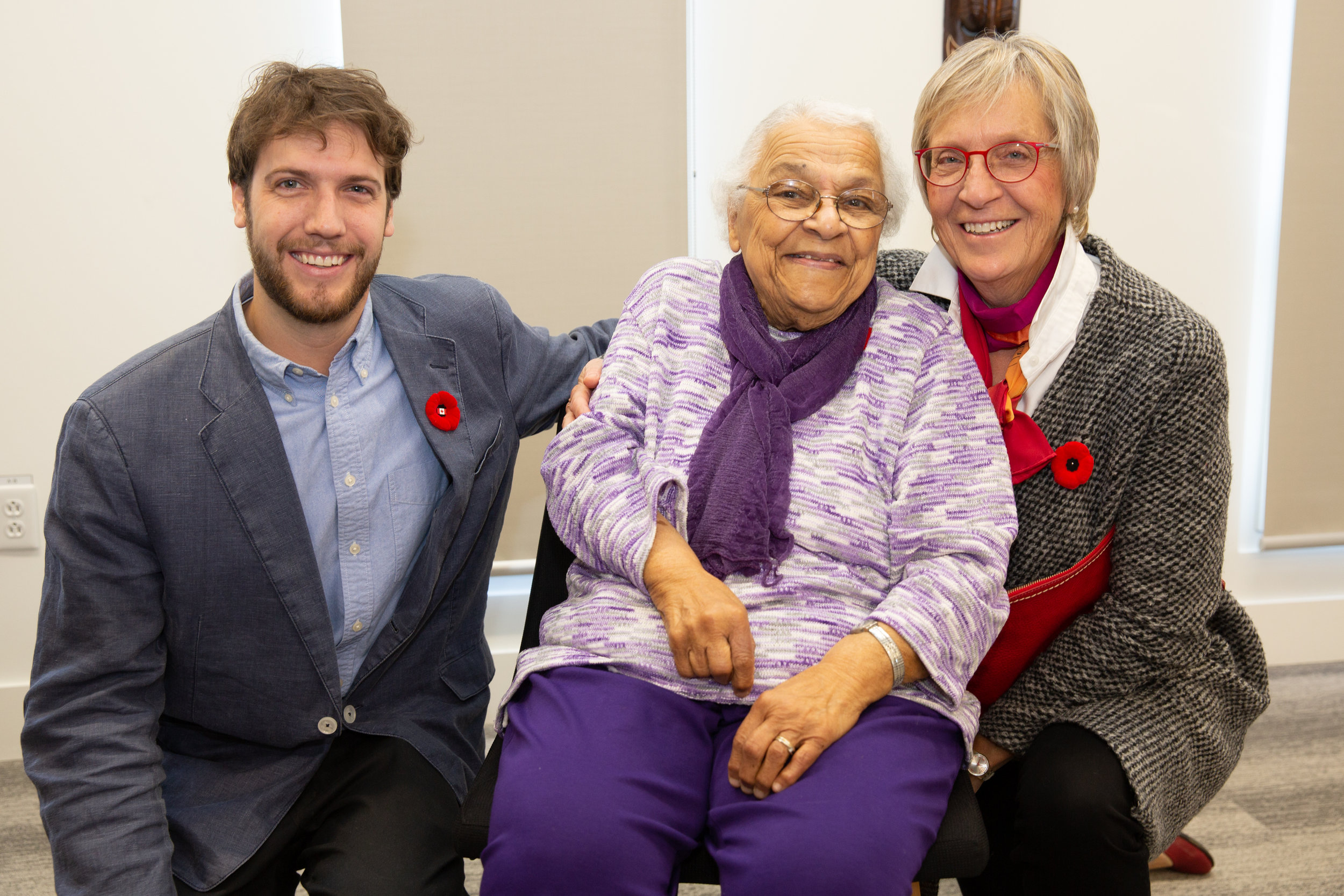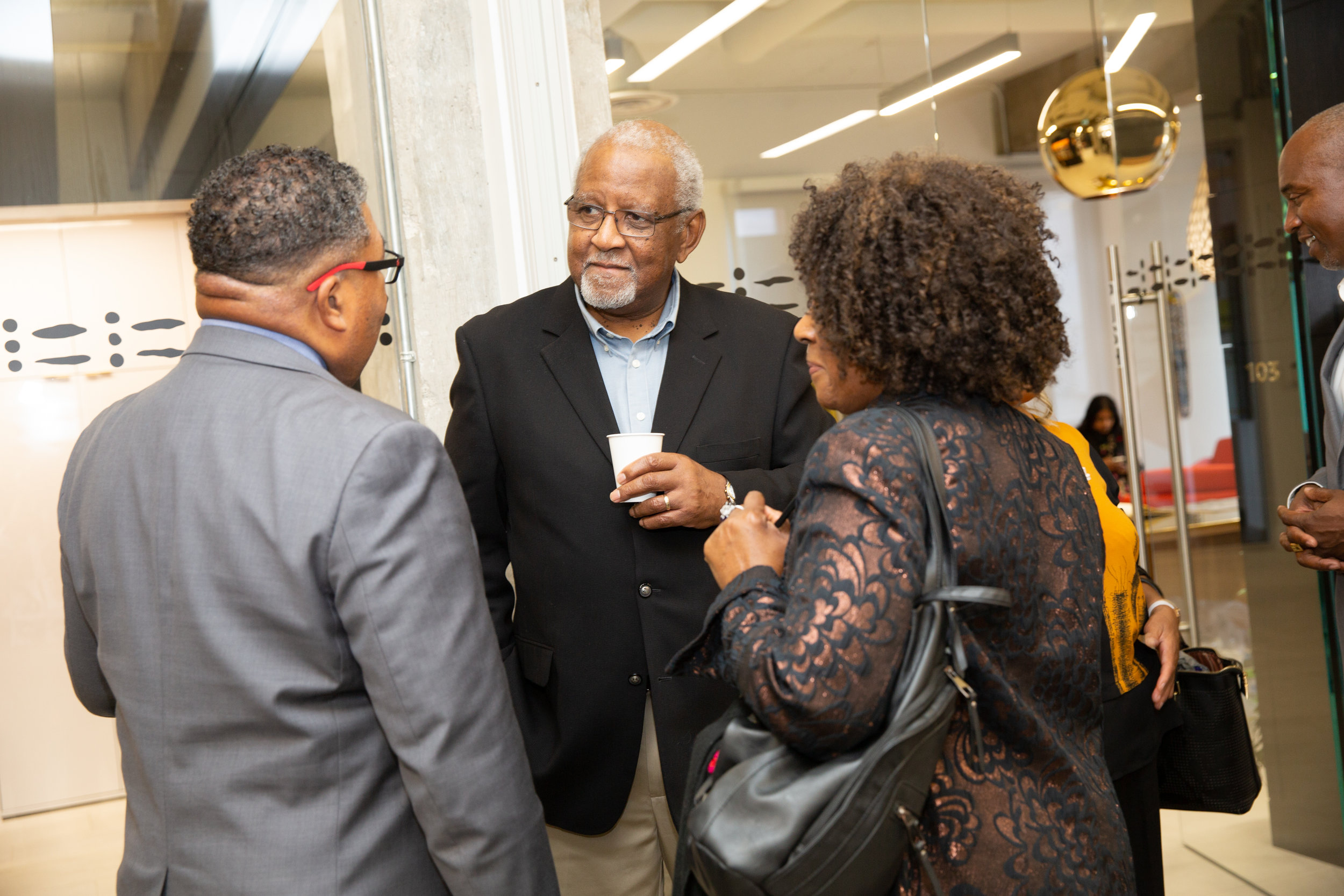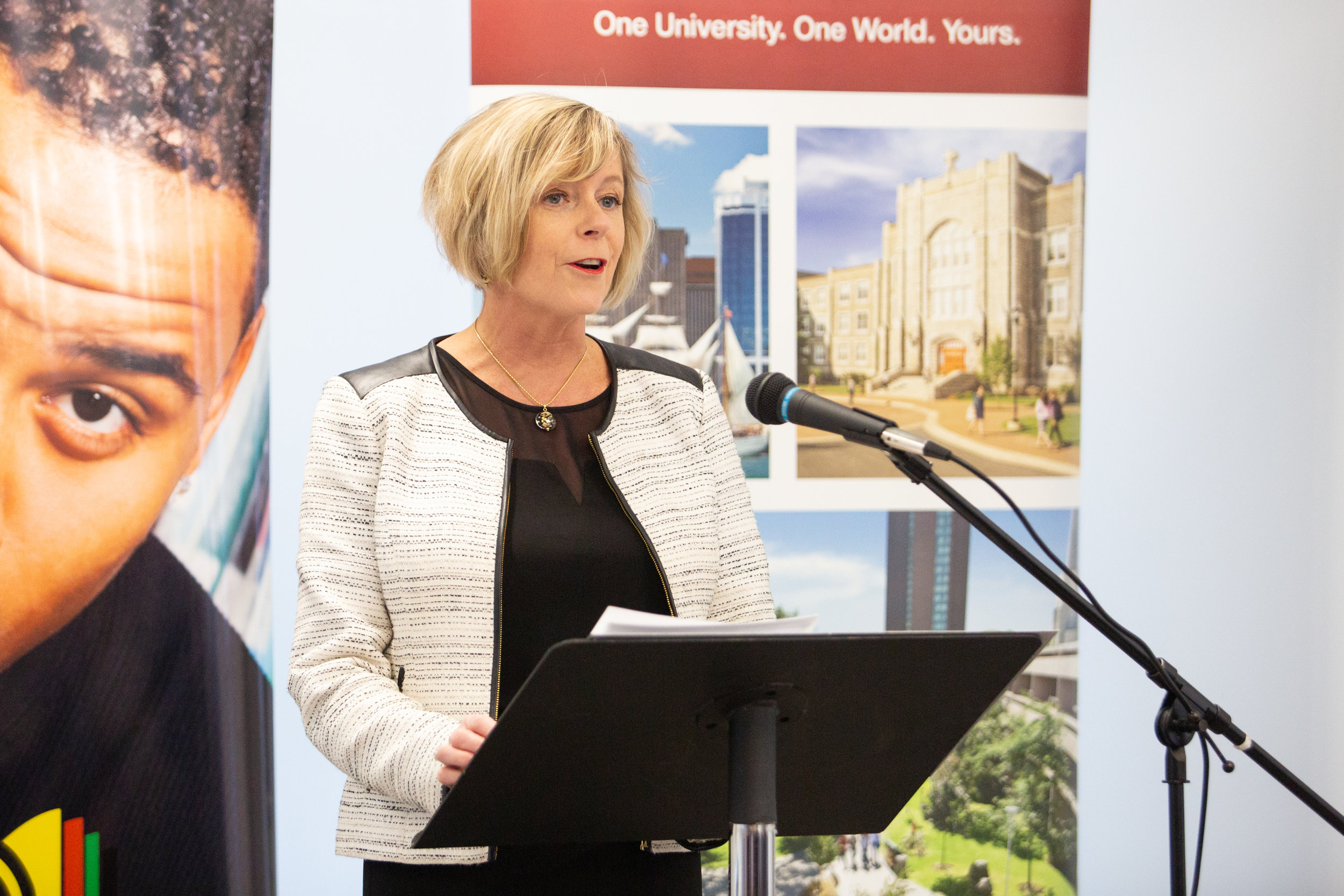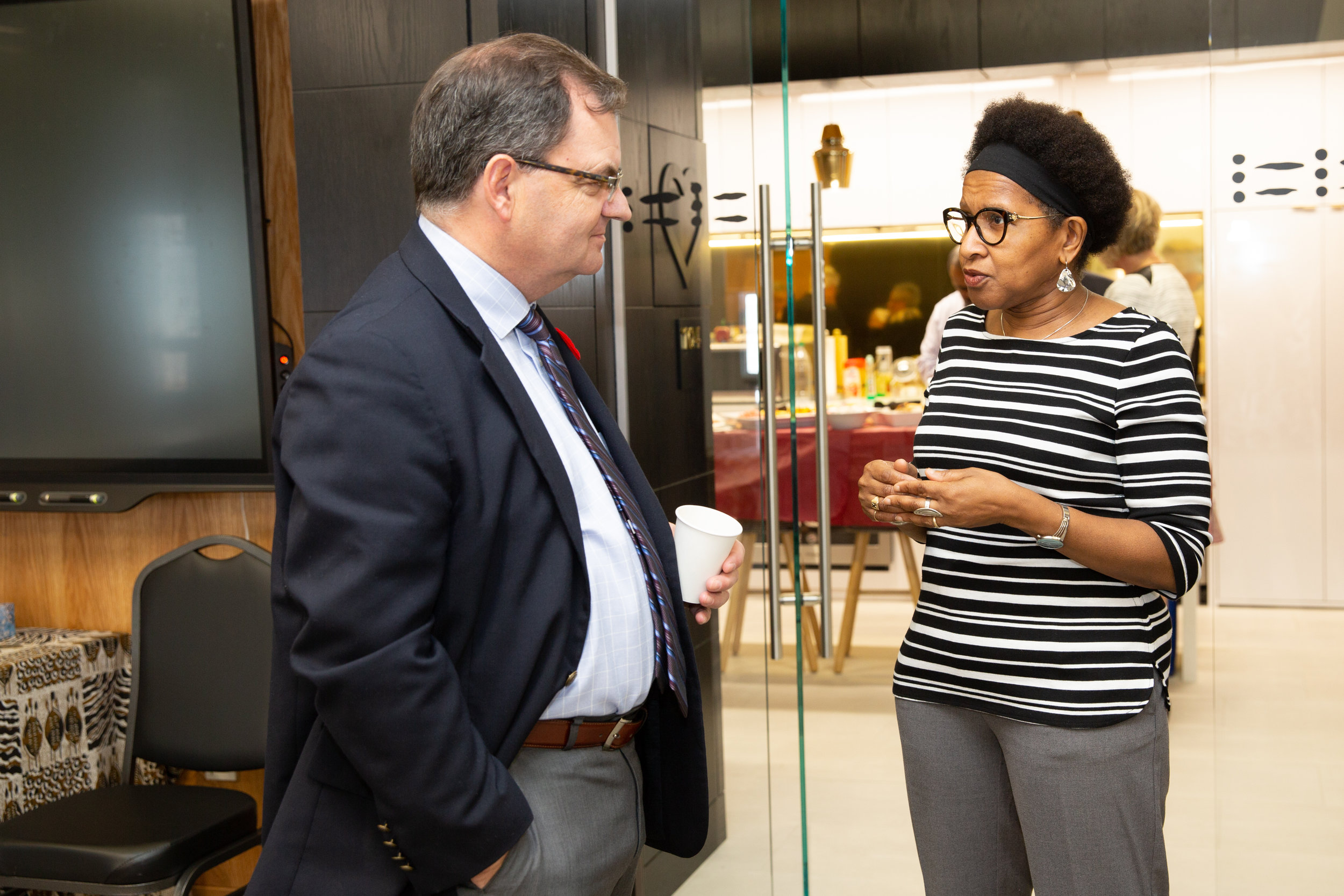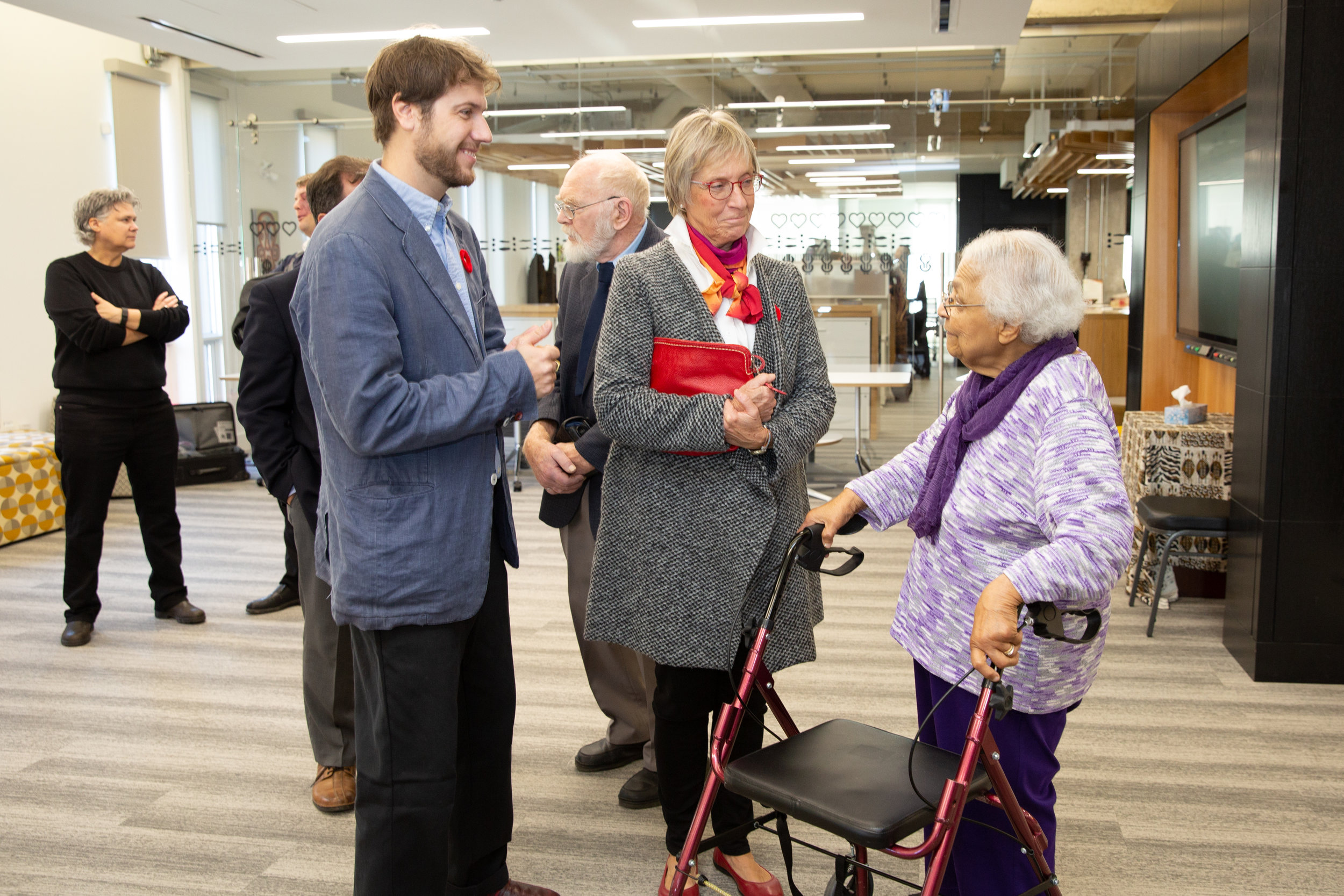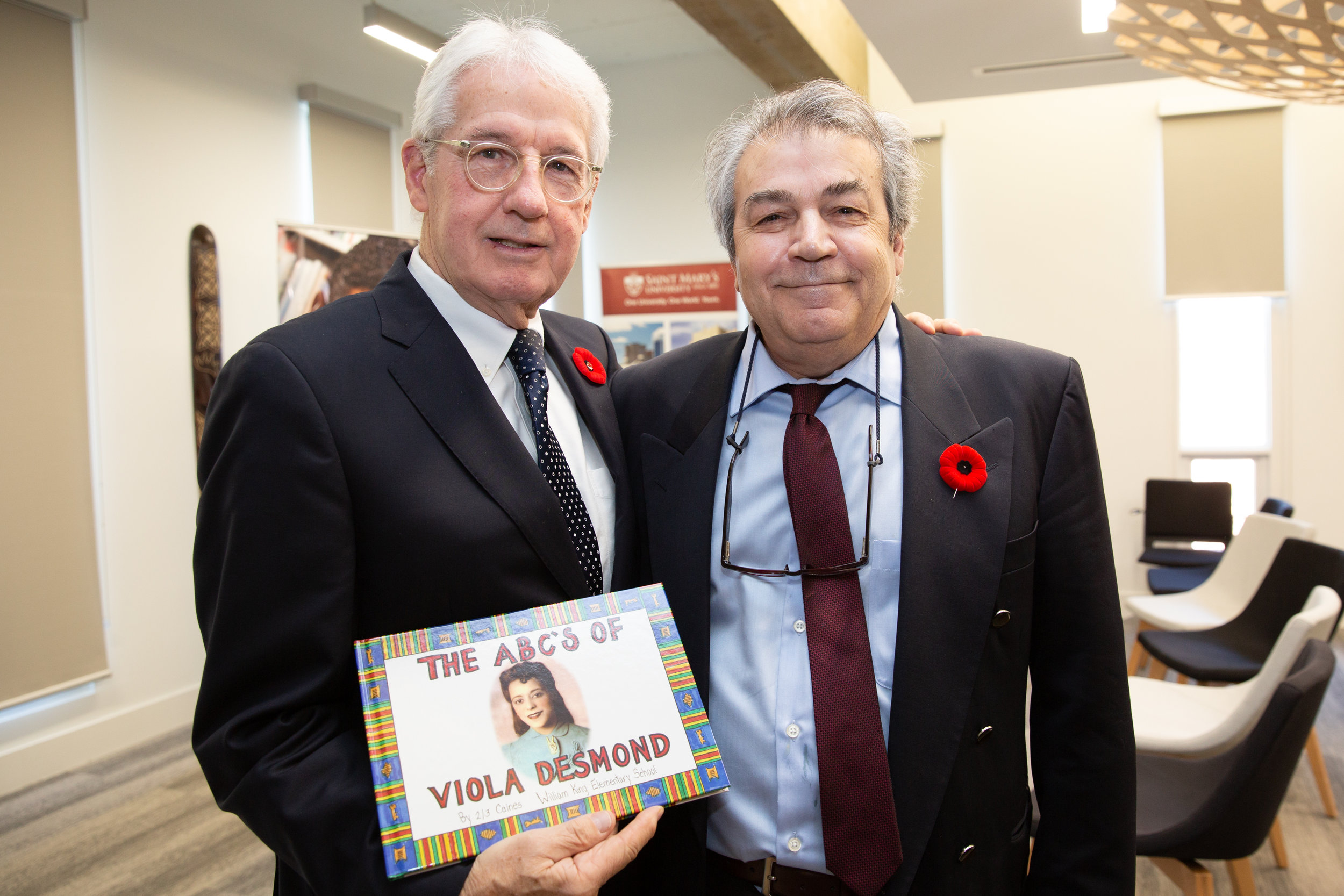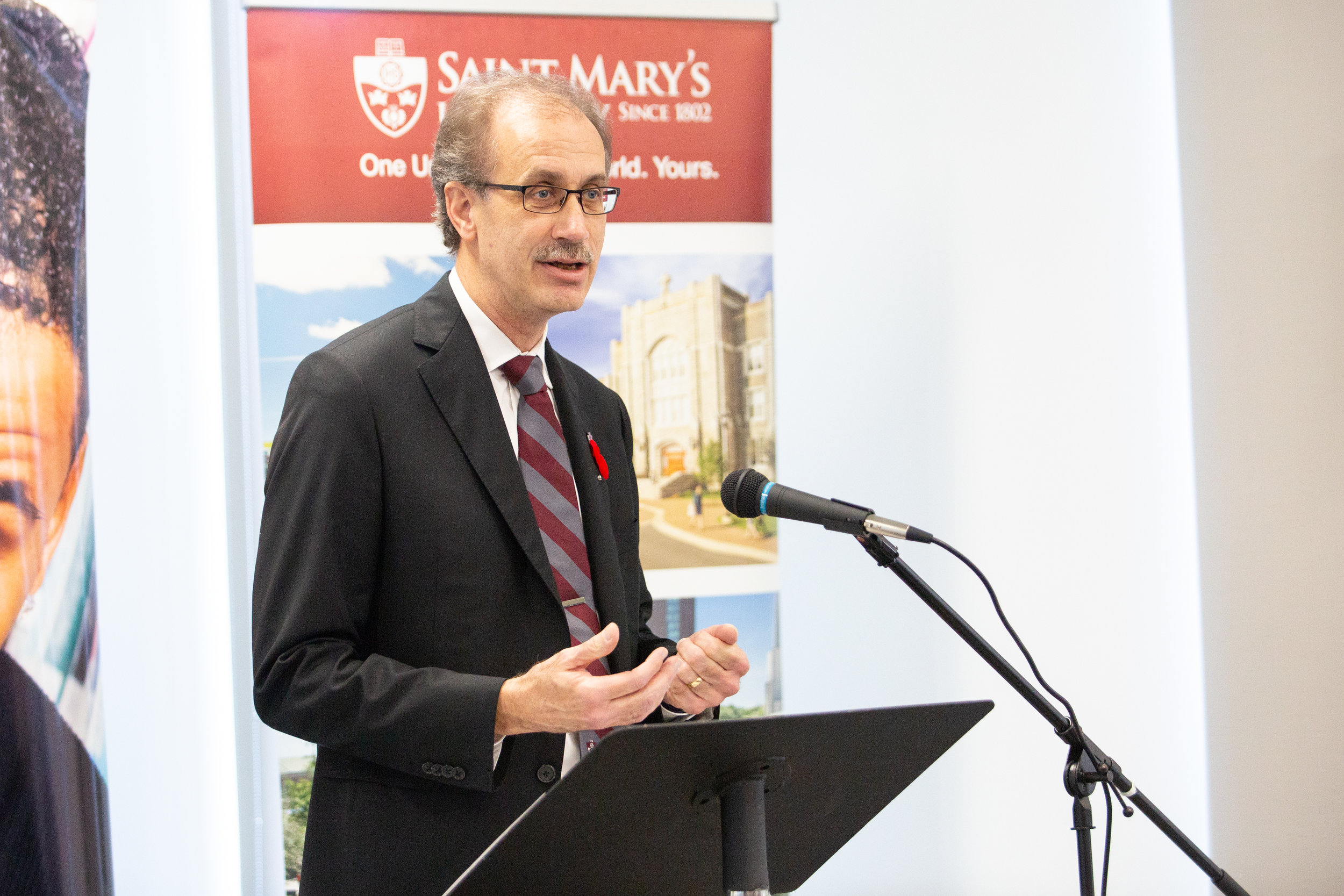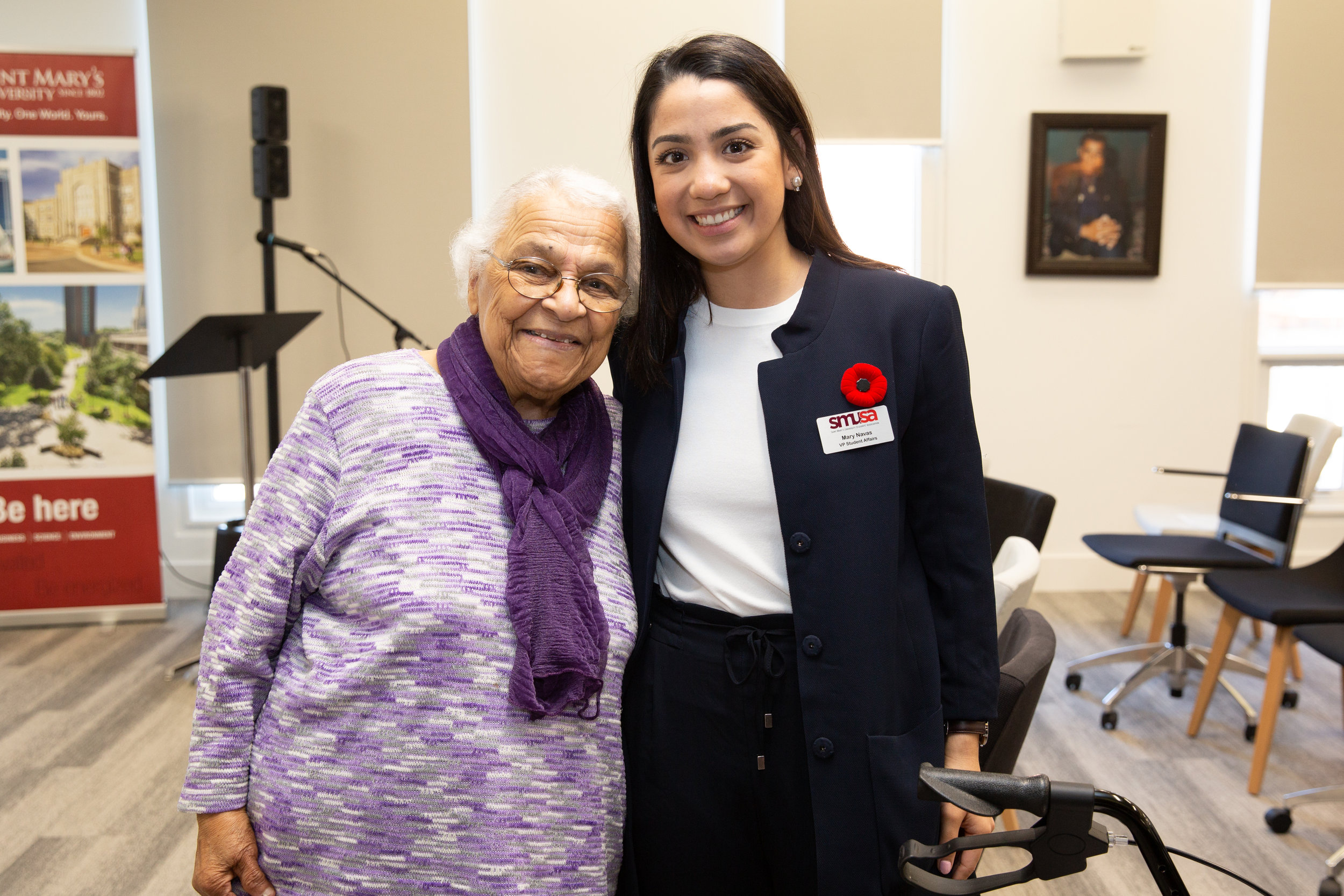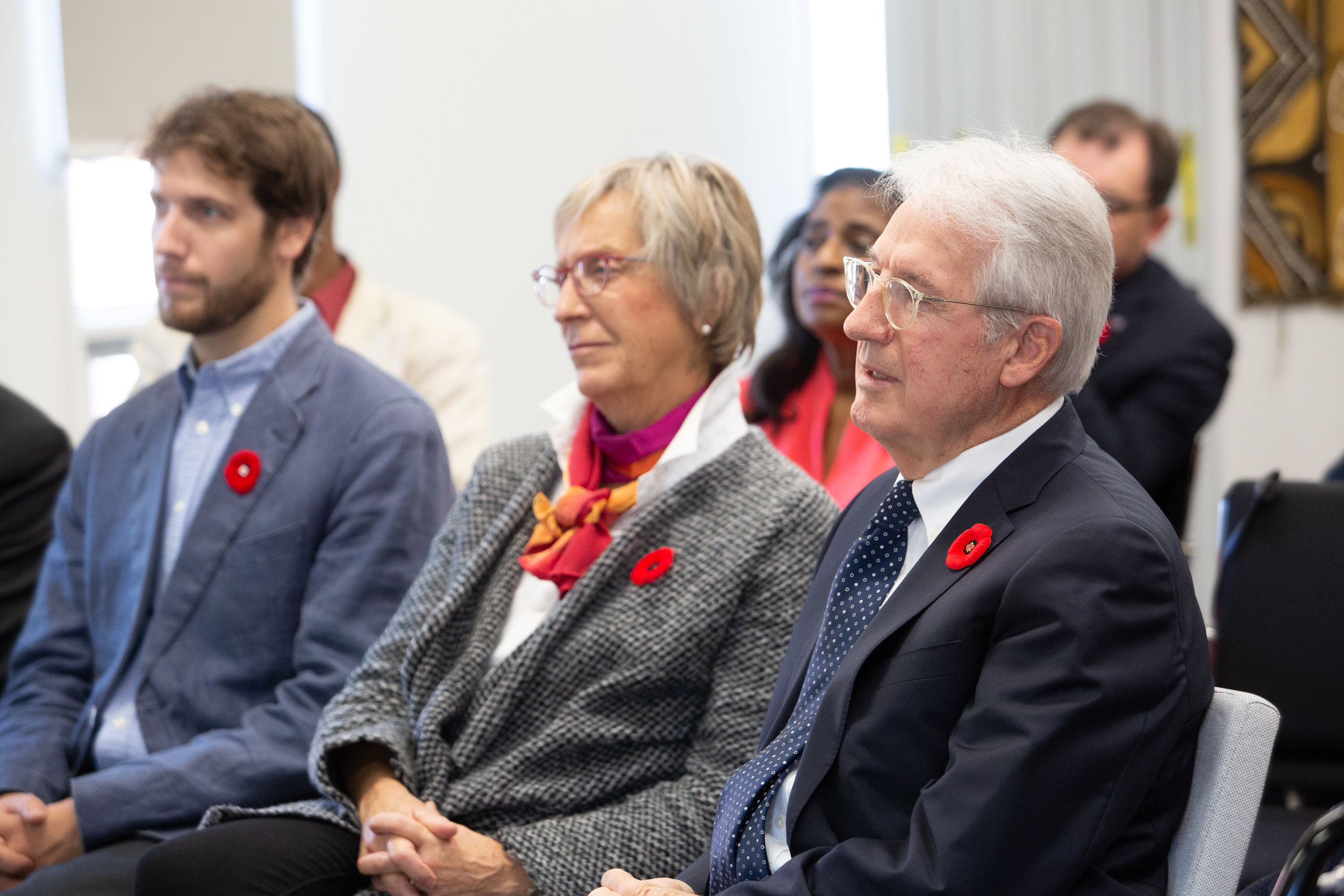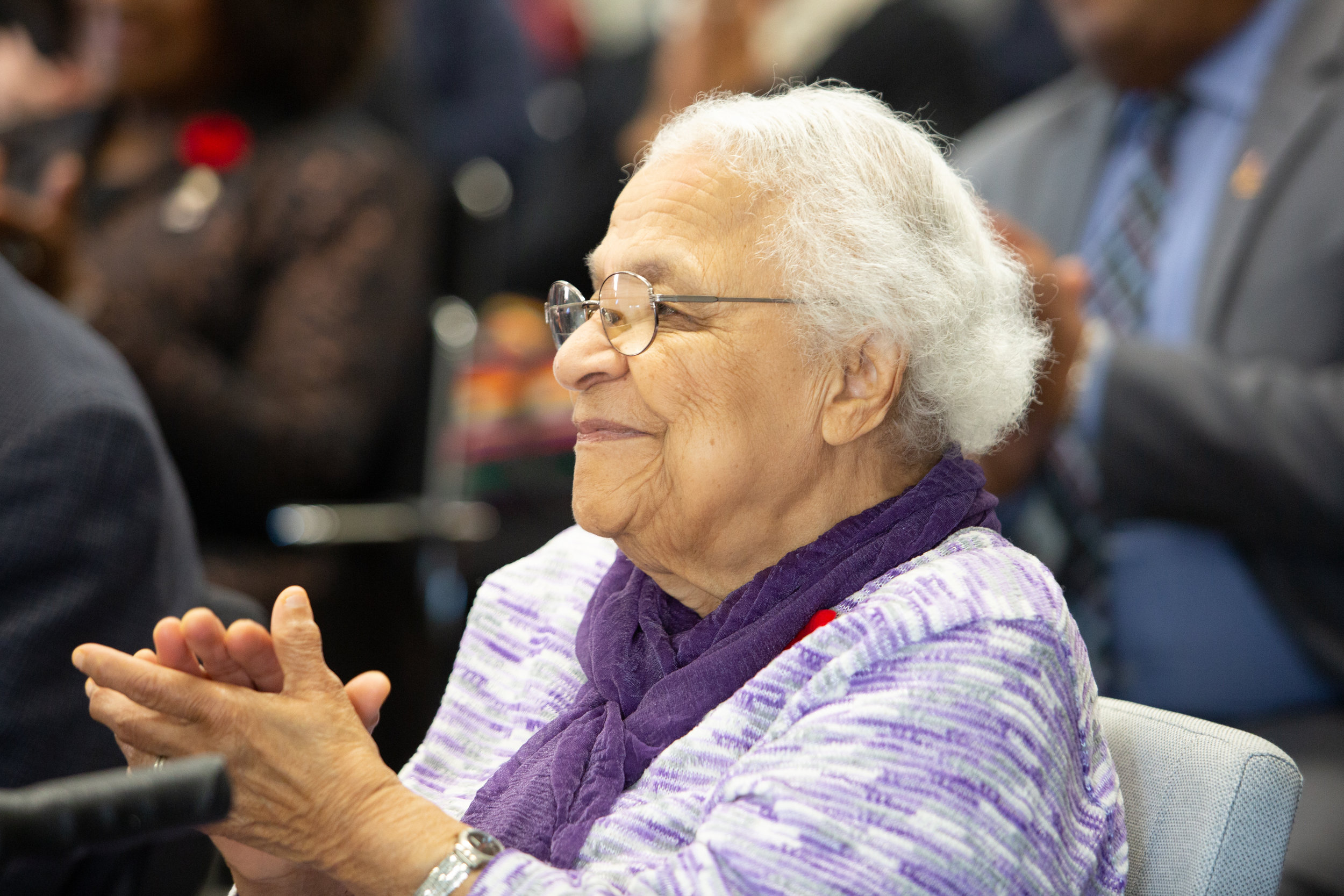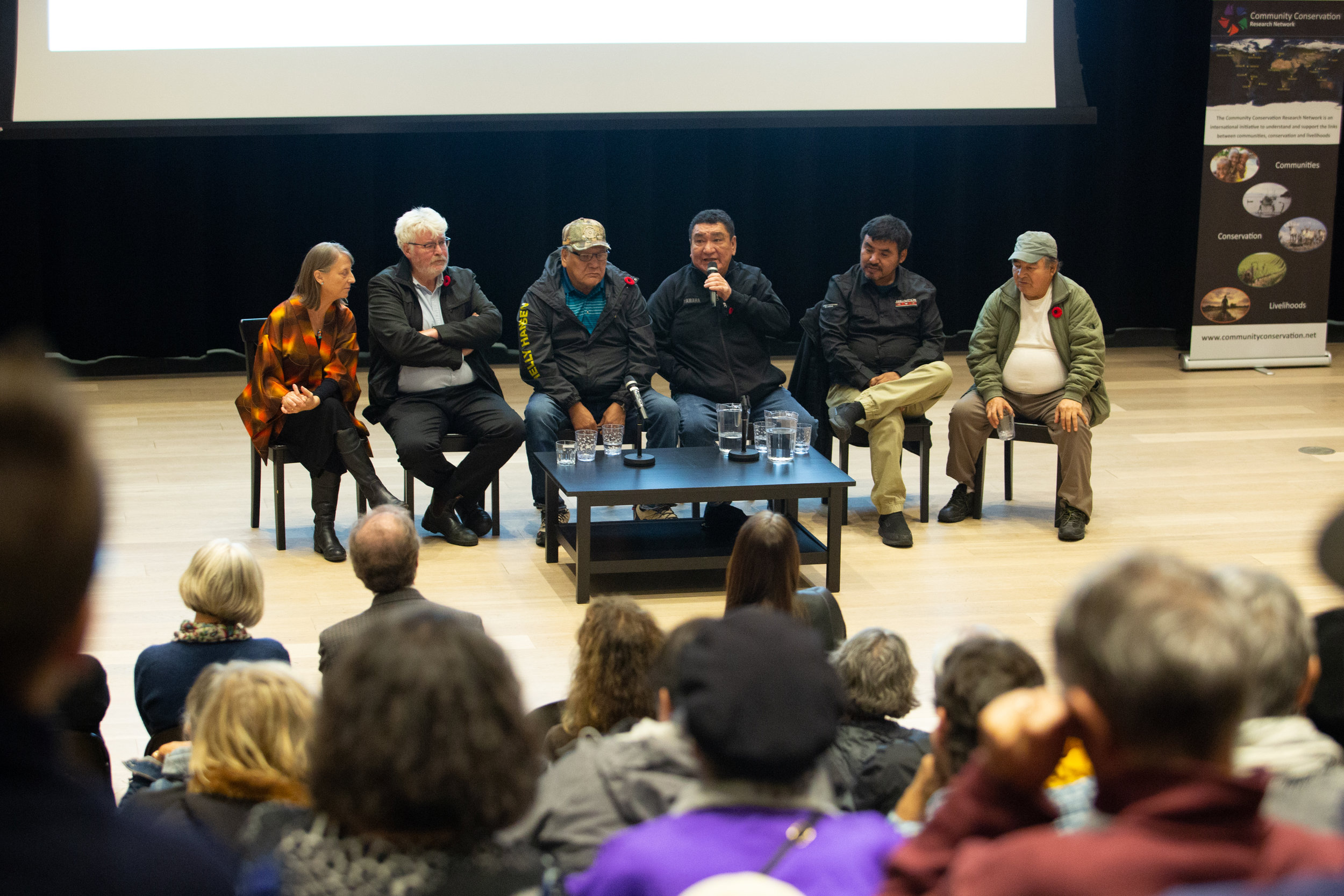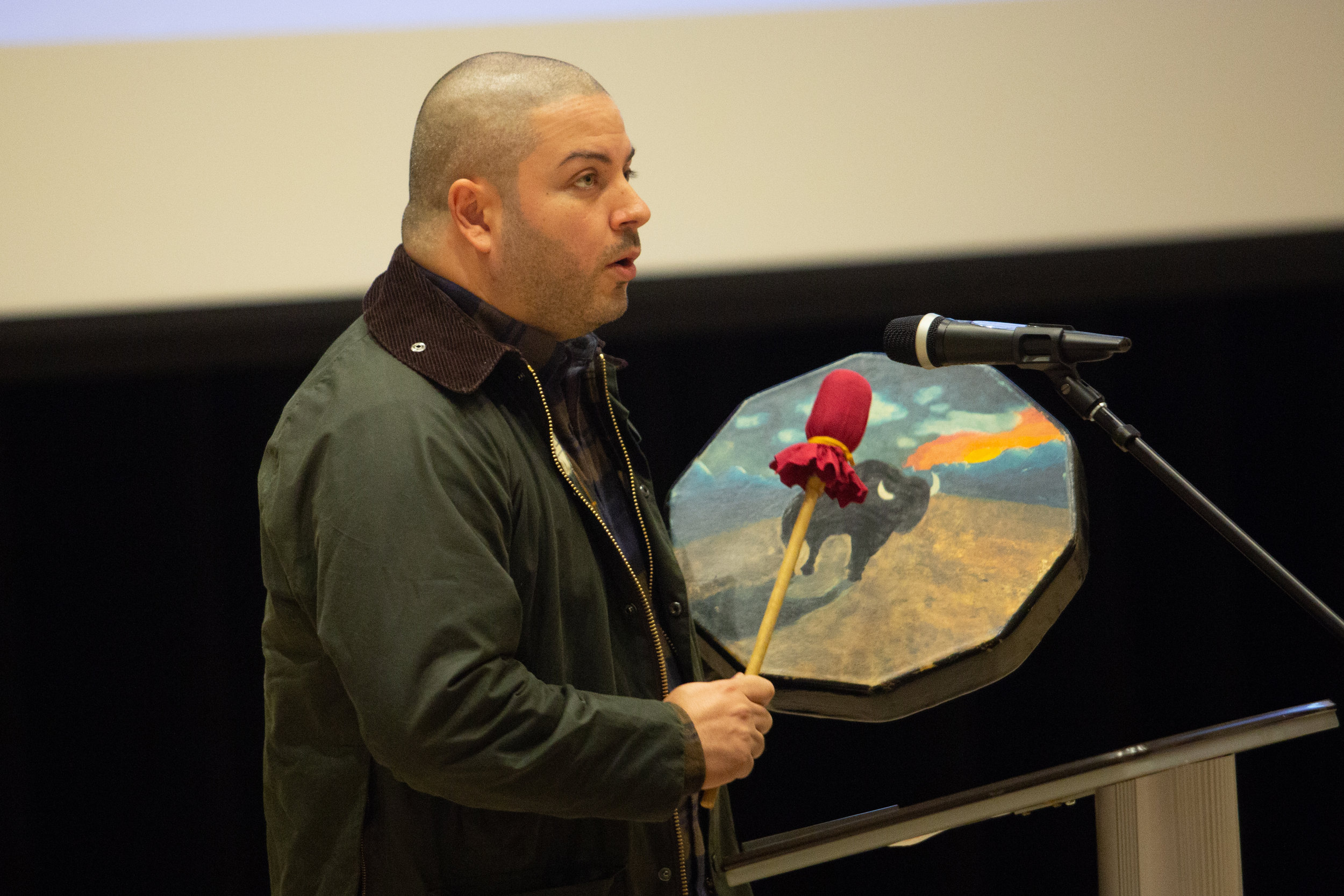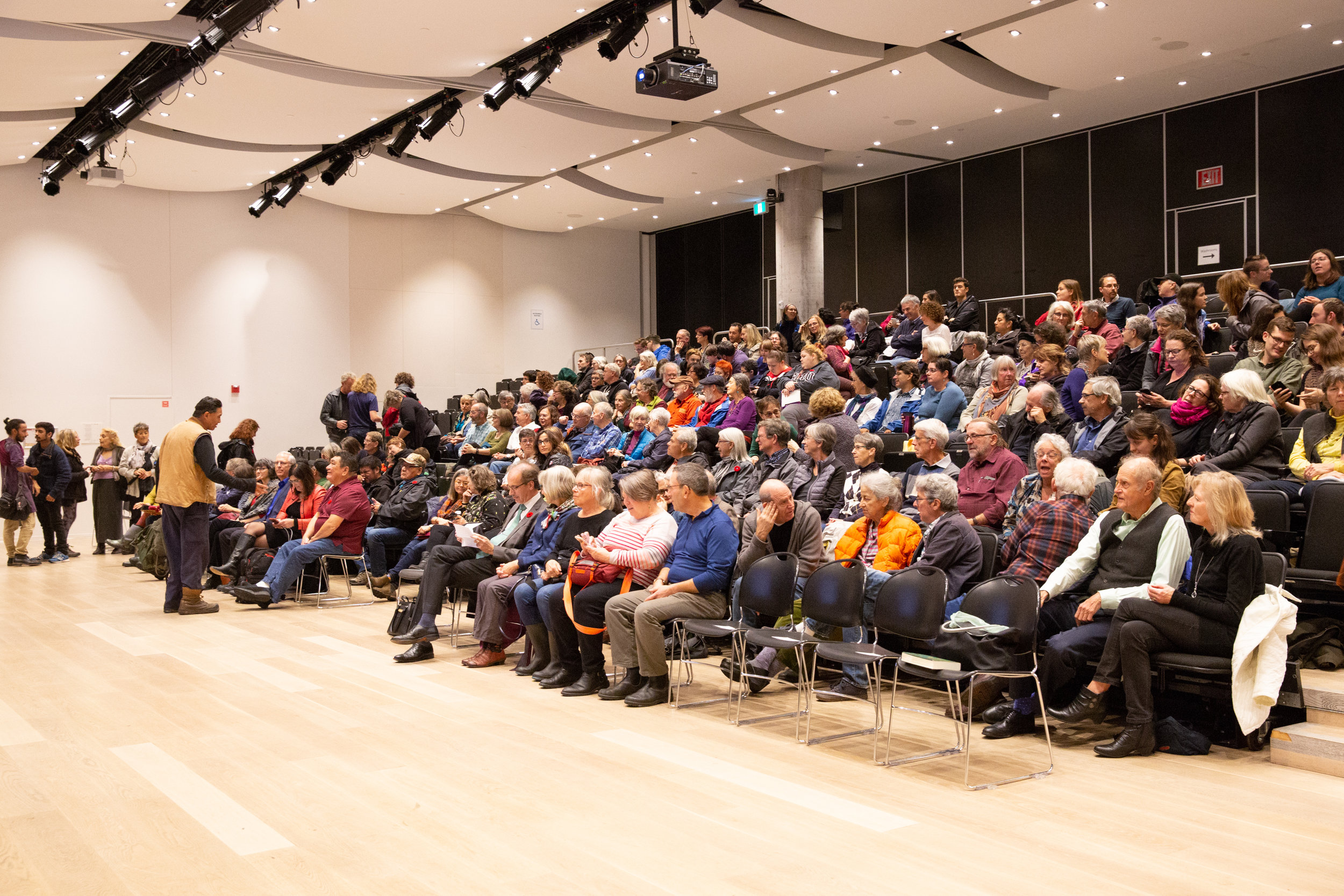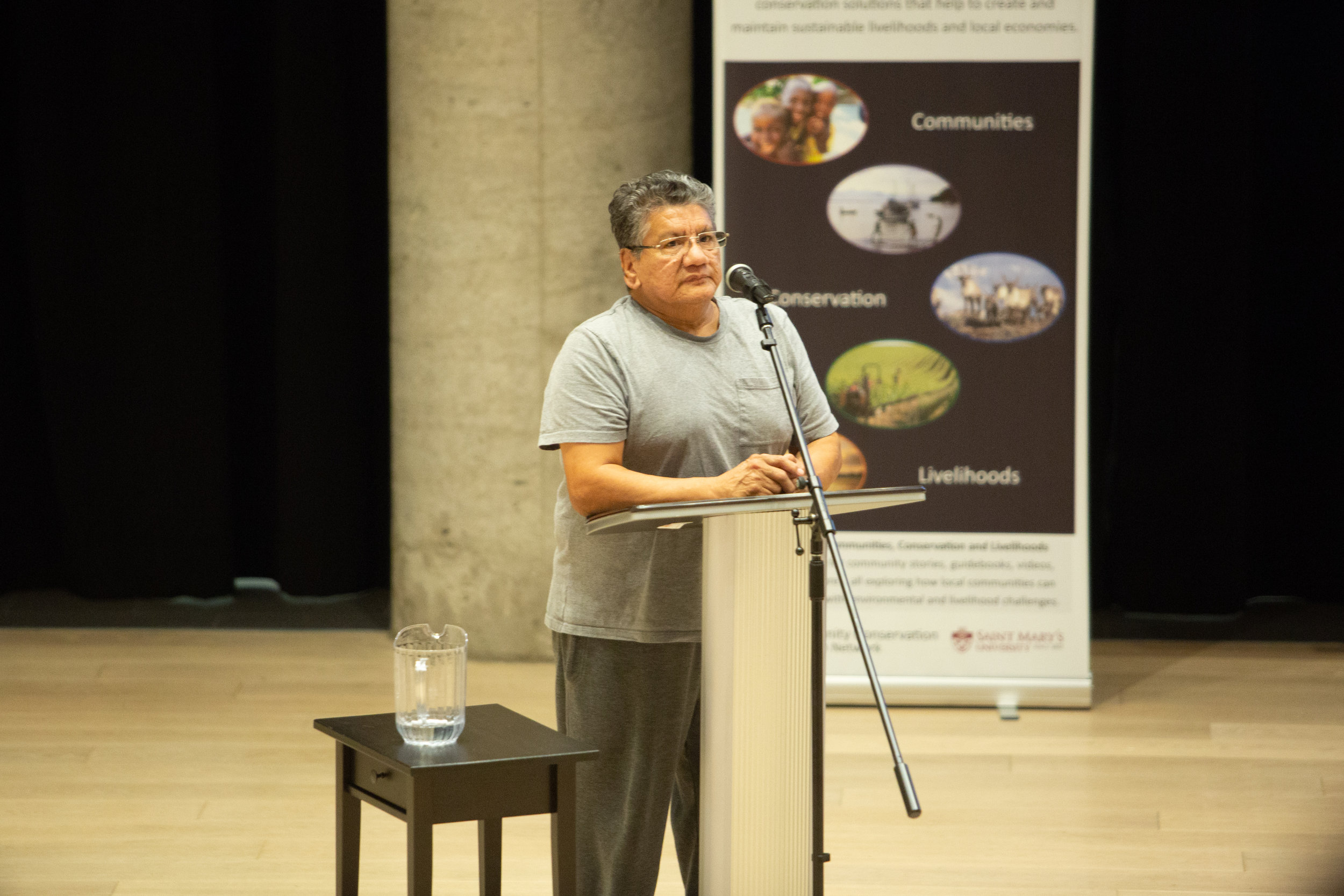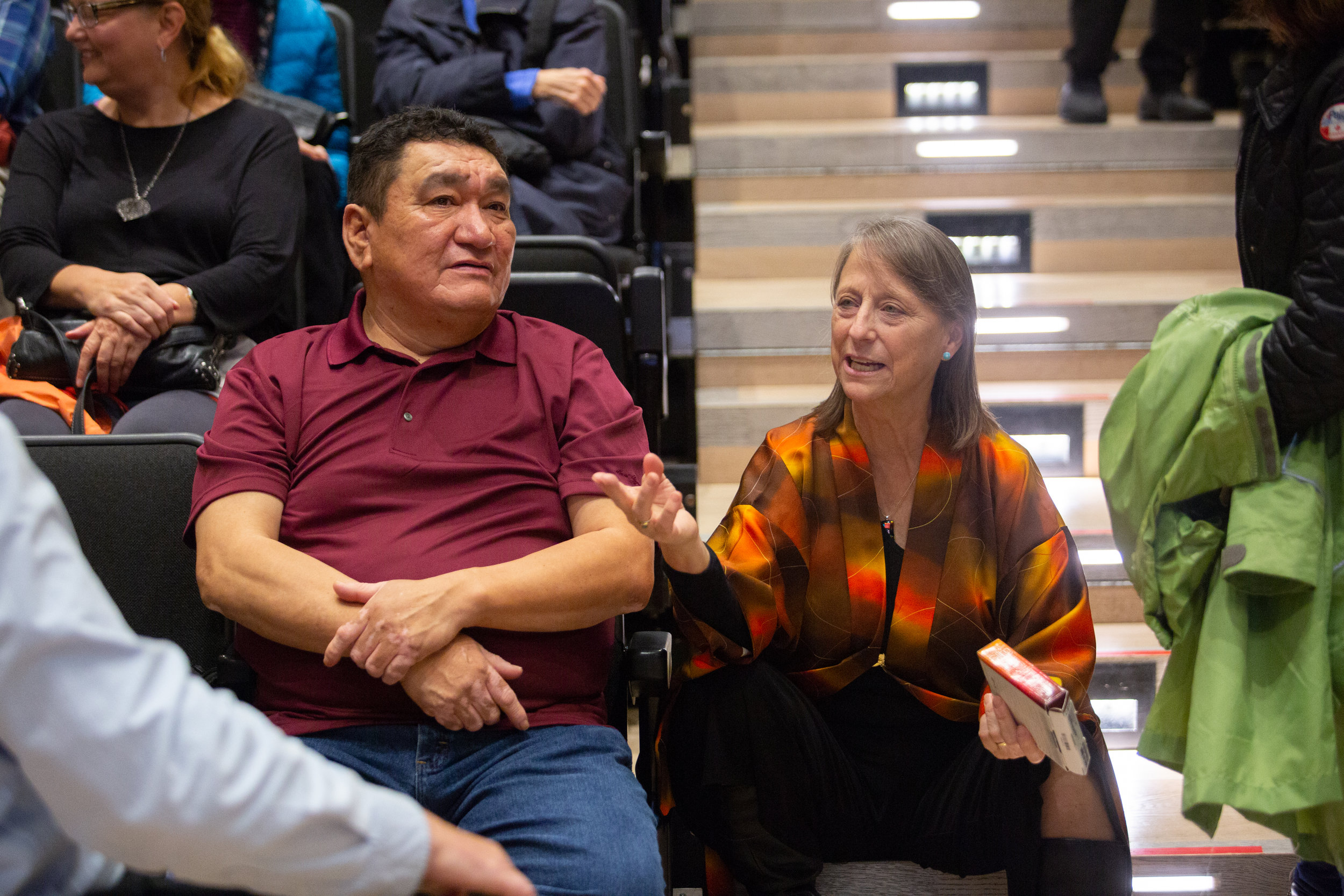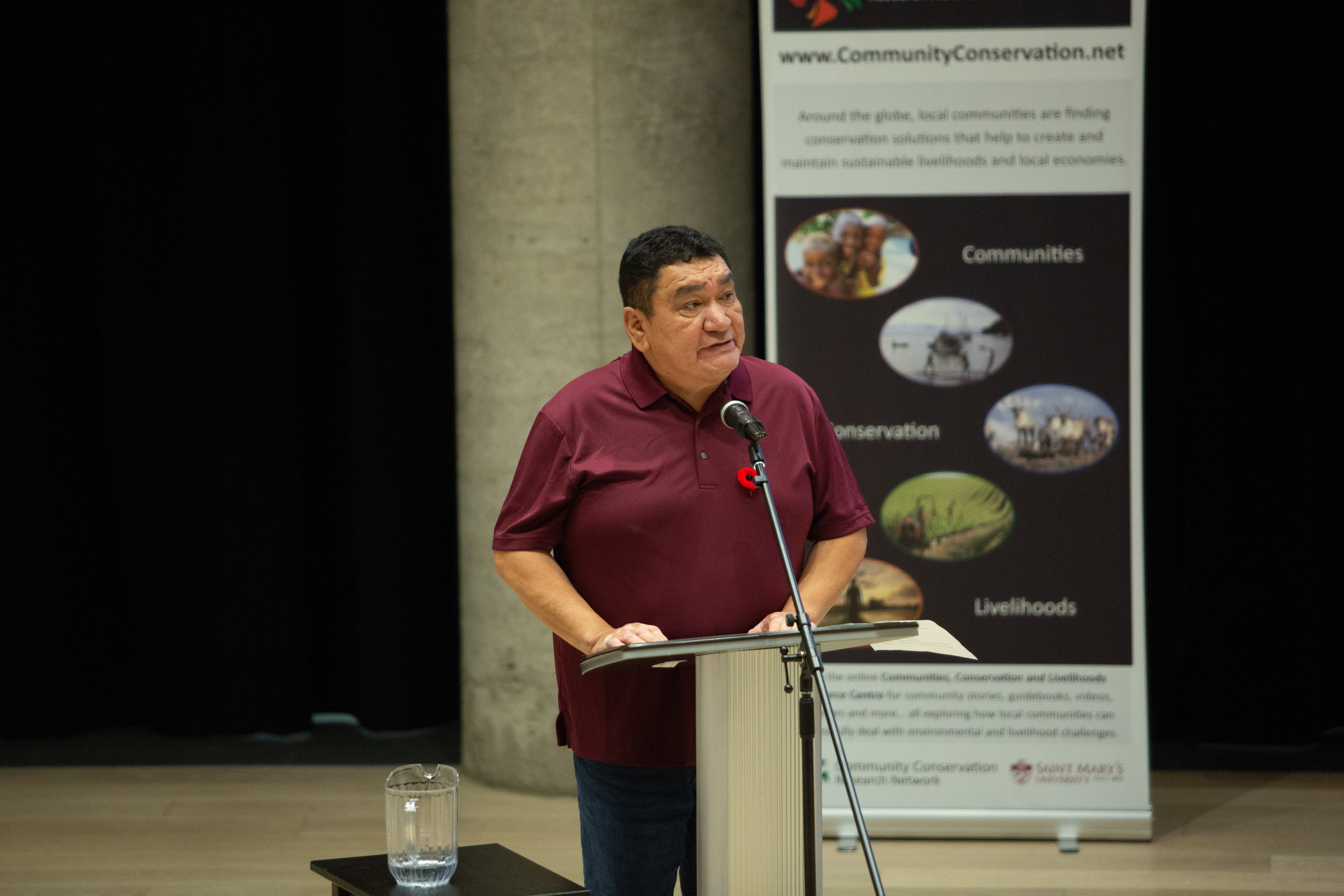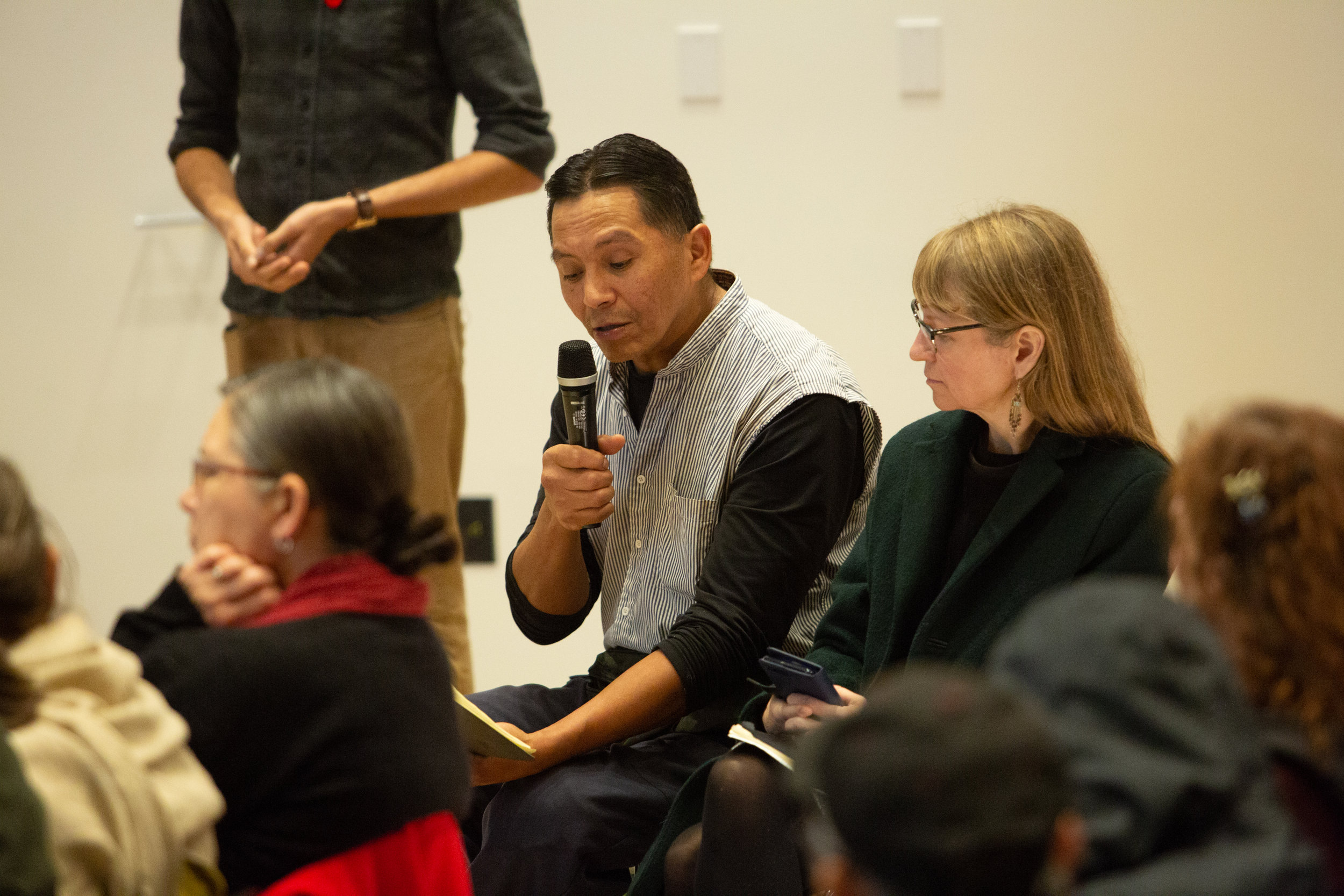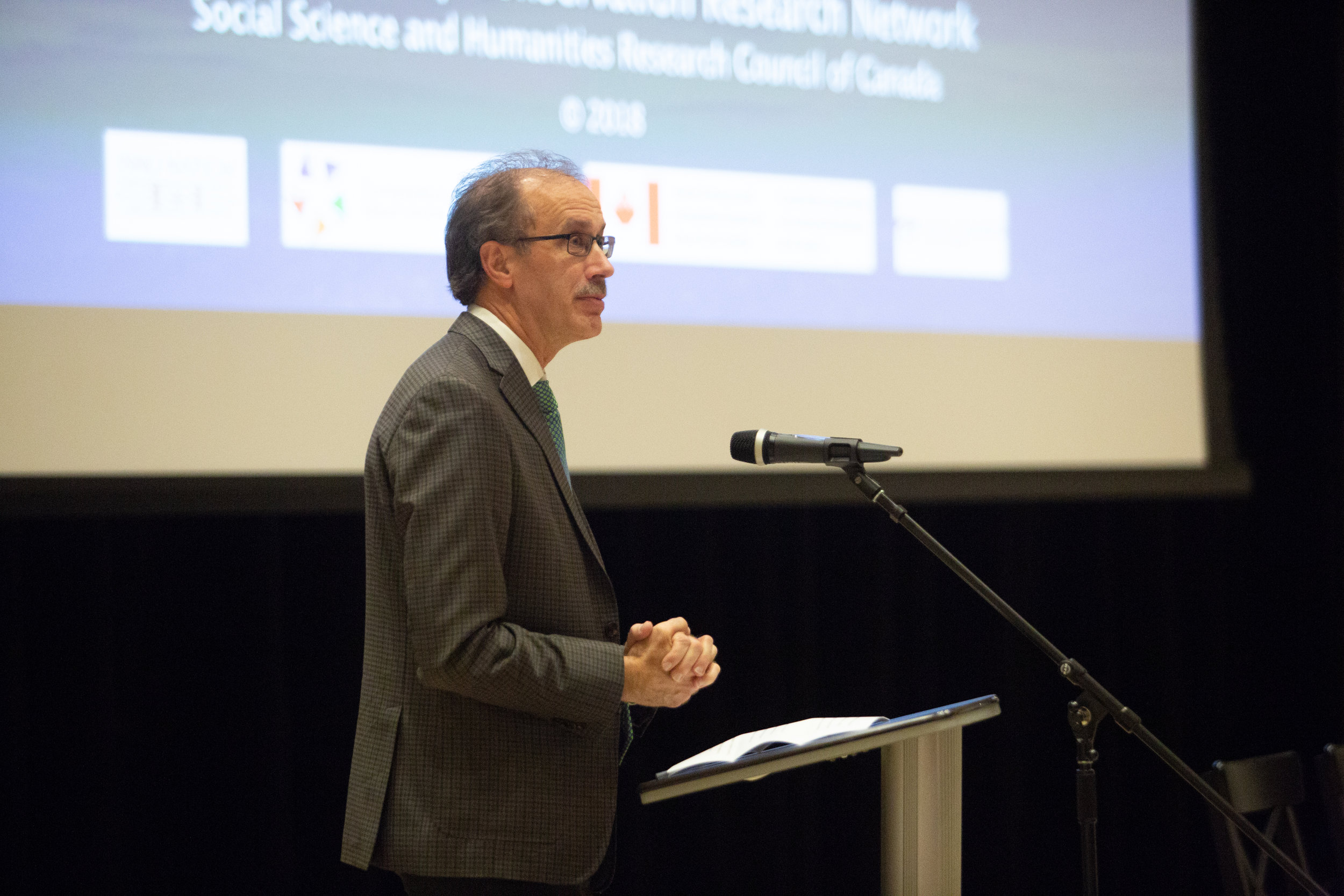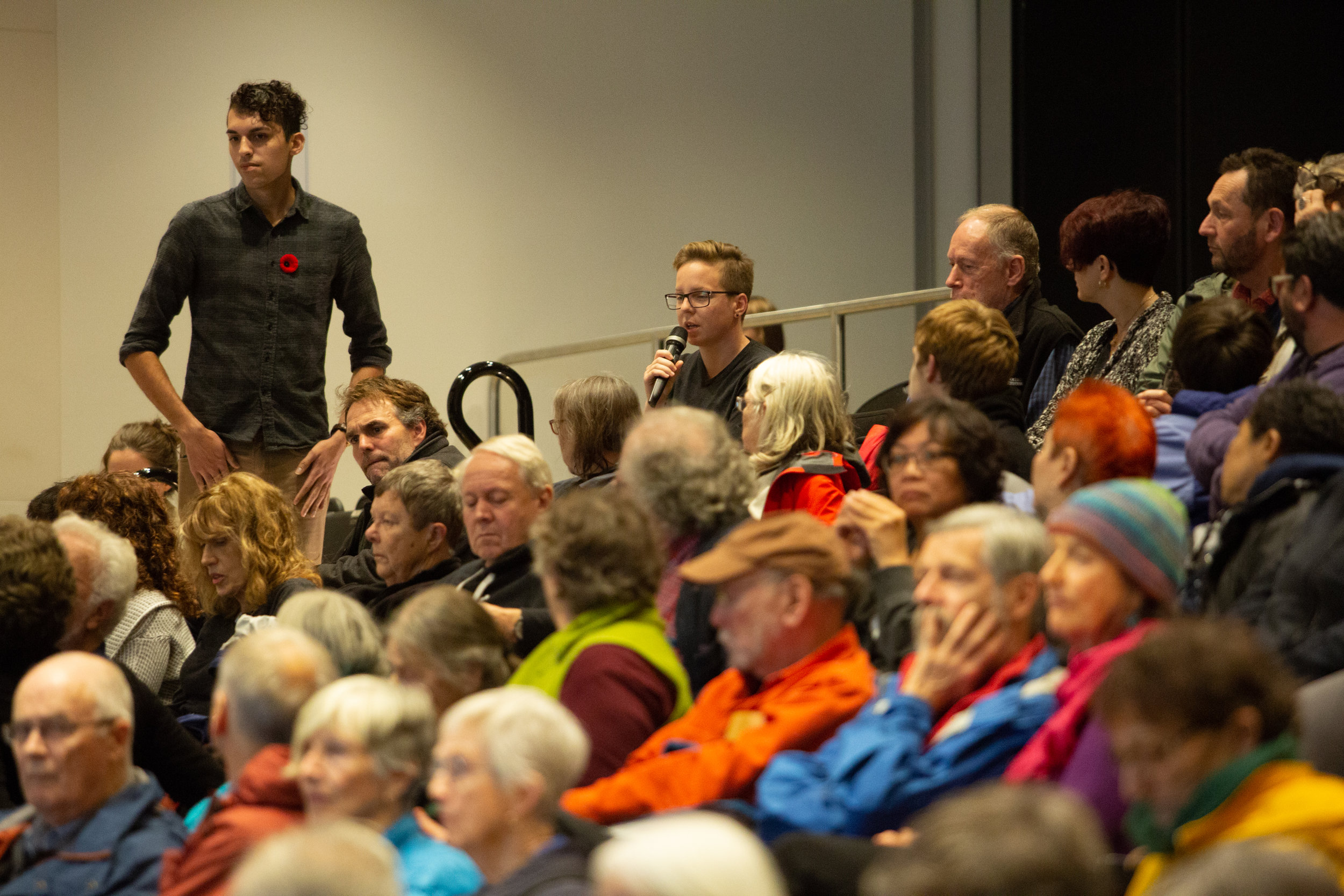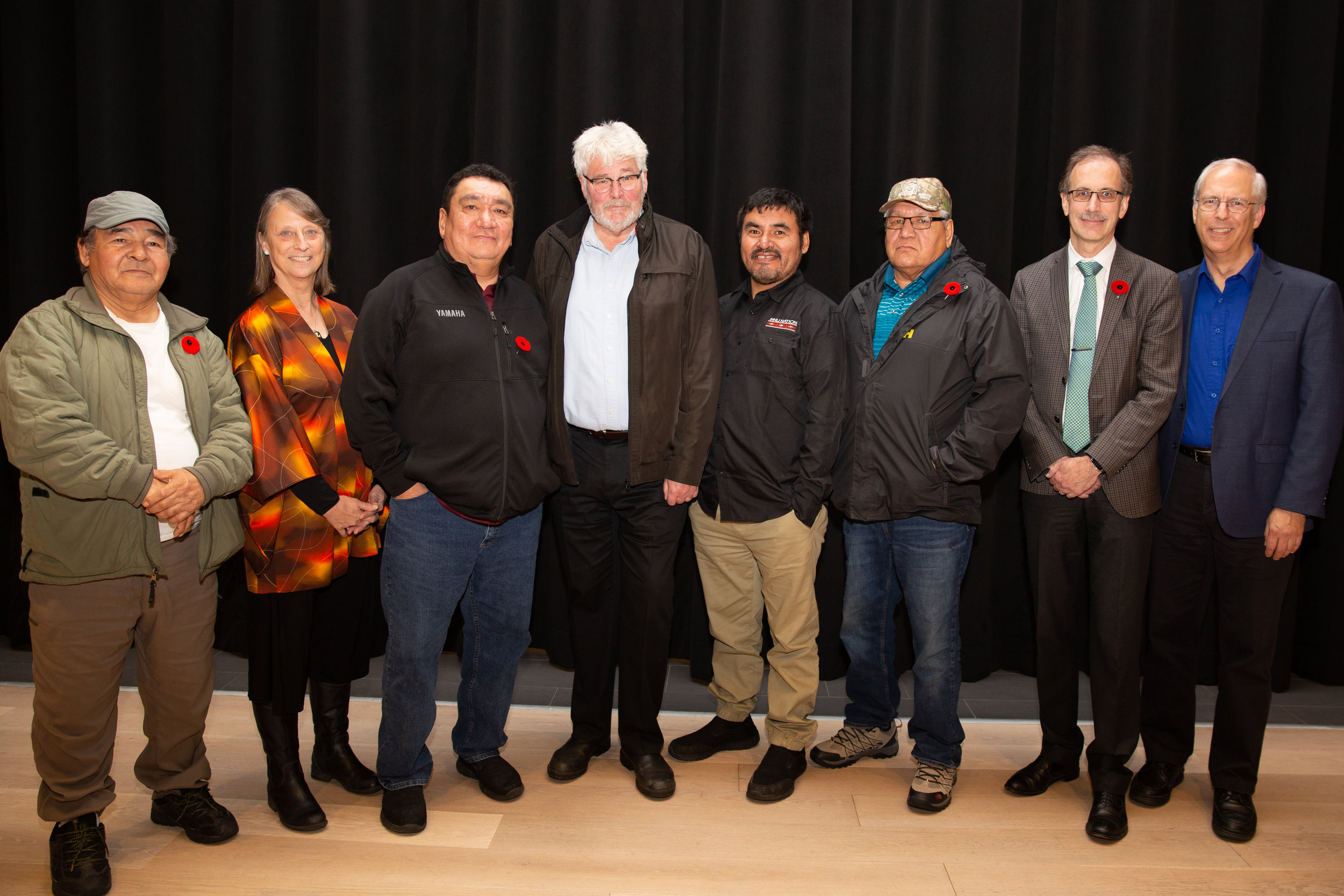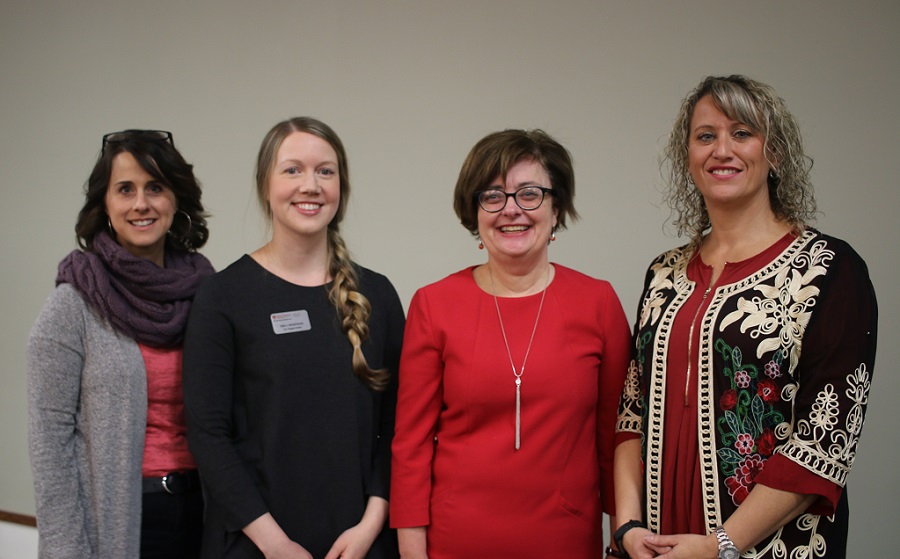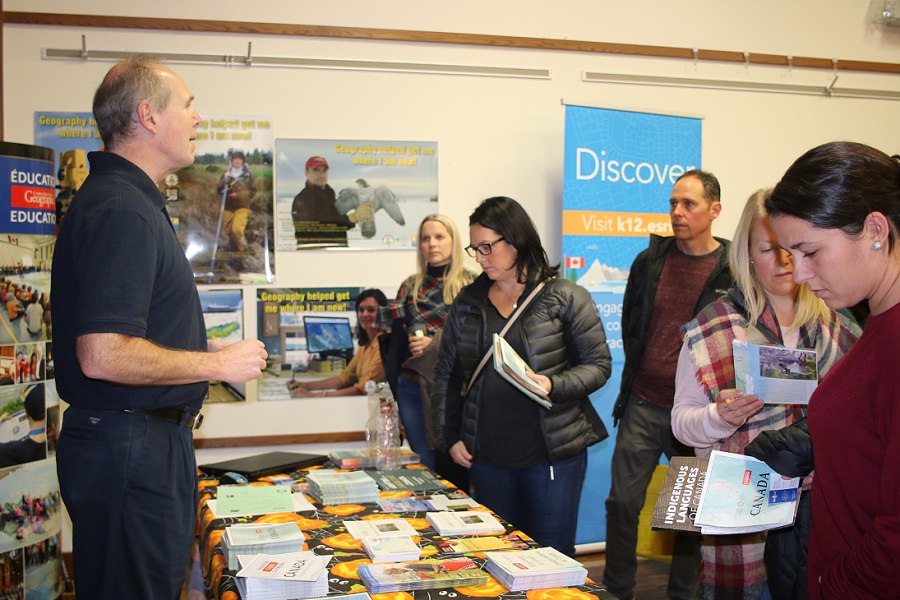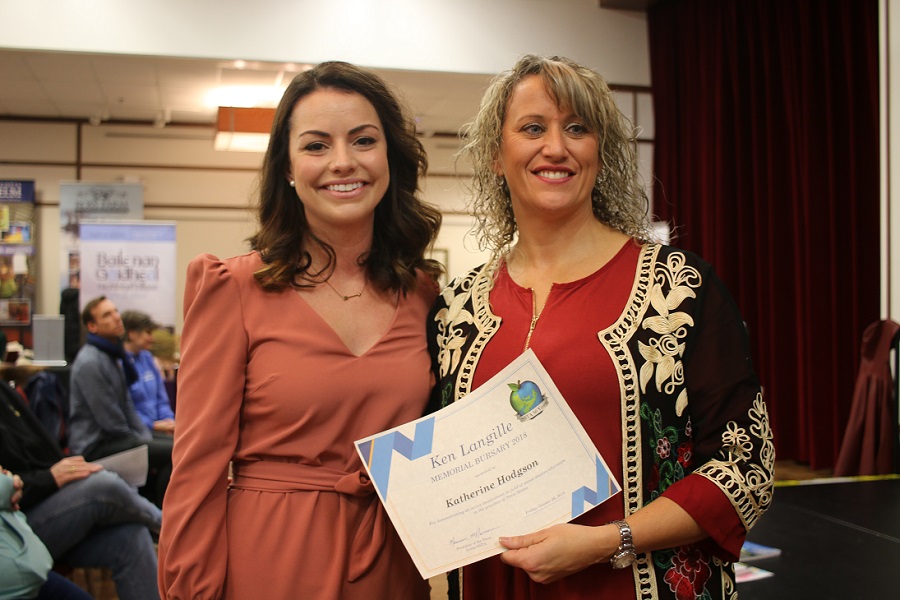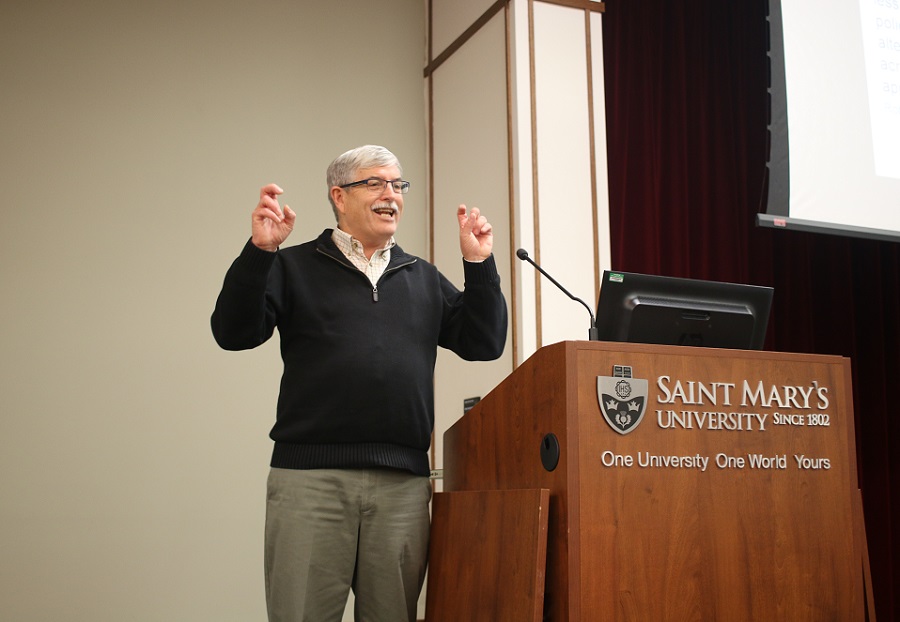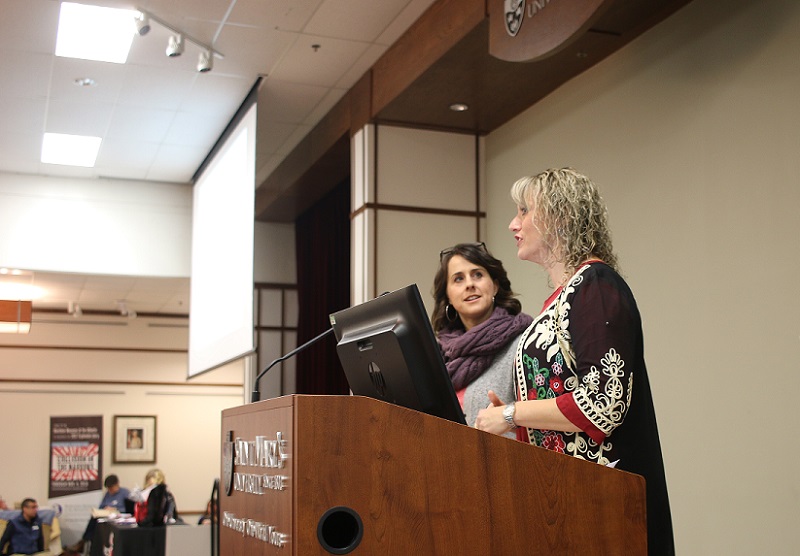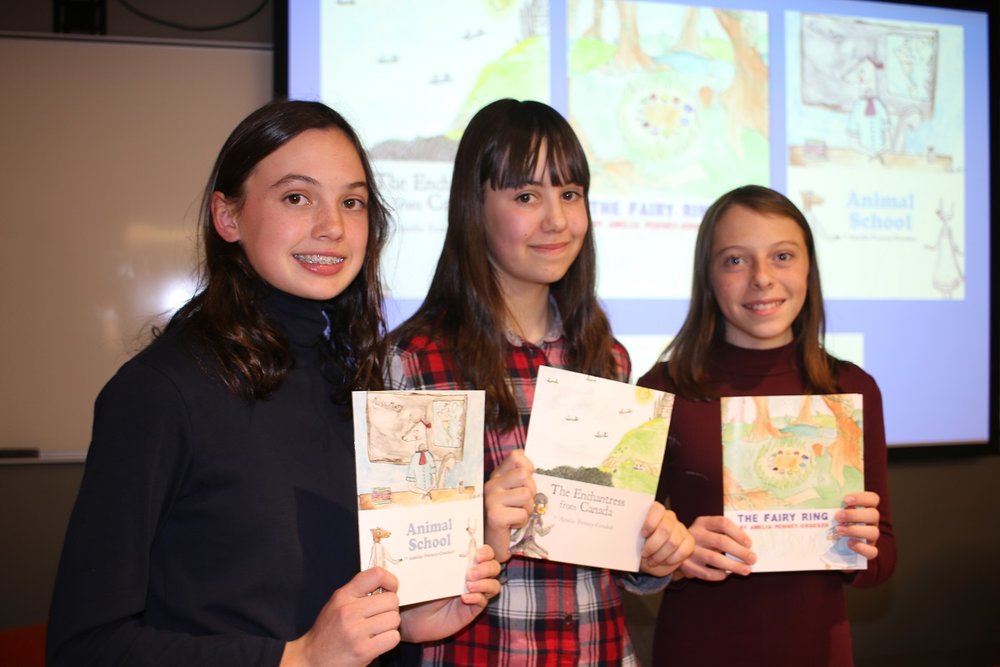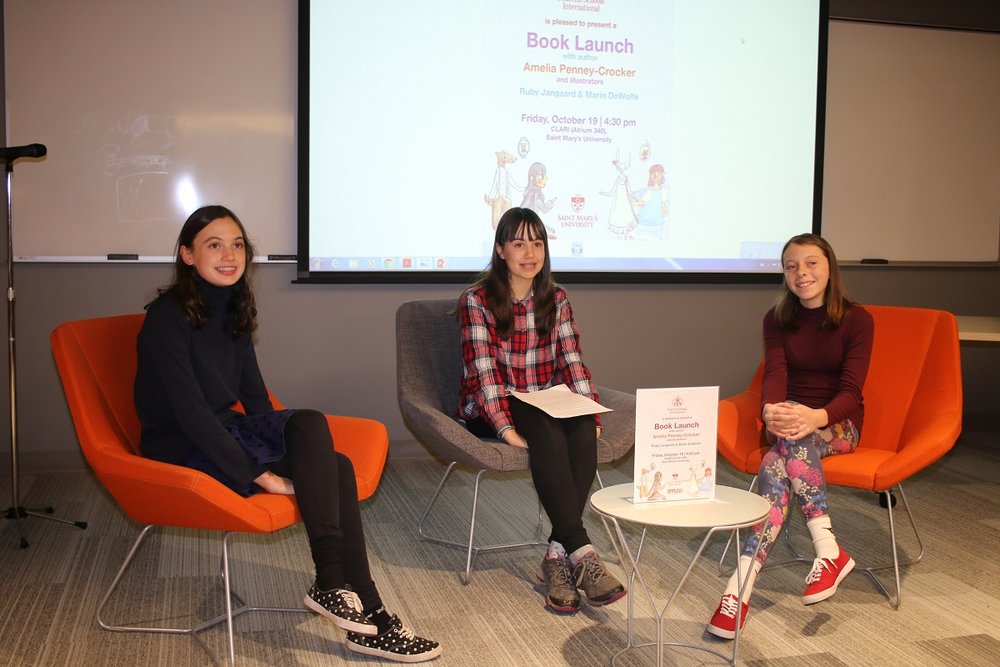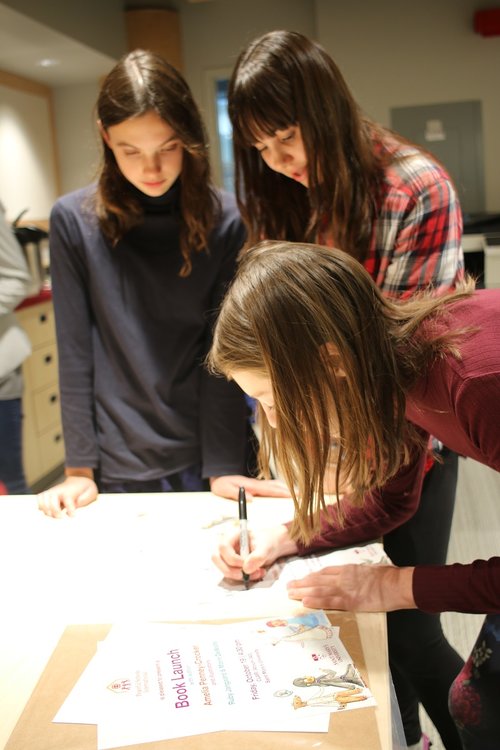The start of a partnership: Dr, Malcolm Butler, VPAR with Associate Professor Prit Supasetsiri, Vice President for International Relations and Communications, SWU and the visiting delagates in the McNally Boardroom.
The signing of a MoU between Saint Mary’s University and Srinakharinwirot University (SWU) in Thailand marks the beginning of a new partnership and opens the door to increased international mobility for both institutions.
A ten-person delegation from SWU came to campus on November 28 to visit Saint Mary’s, sign the MoU and discuss further opportunities for potential collaboration including joint degree programs, student exchanges and ESL summer/short-term courses.
In addition to Dr. Butler, delegates spoke with Dr. Adam Sarty, AVP Research, and Dean, FGSR; Dr. Harjeet Bhabra Dean, SSB; and Nicola MacNevin from the The Language Centre.
The Thai delegation included faculty from their College of Social Communication Innovation and Faculty of Economics who want to build ties with relevant Saint Mary’s programs at both undergraduate and graduate levels.
The Language Centre is also considering building a customized short-term program that focuses on English training, intercultural communication, or other specific subjects. SWU students could potentially start taking part in language training programs as early as next summer (2019).
Saint Mary’s was first introduced to SWU in June 2018 with the support of Nitchawan (Pan) Sriviboone, Trade Commissioner at the Canadian Embassy in Bangkok, Thailand, who identified the institutions as a good match for Saint Mary’s University in terms of partnerships.


